 |







|
|
ART - LUINI - ADORATION OF THE MAGI - PAGE 2
|
|
|
Queen of Sheba and King Solomon |
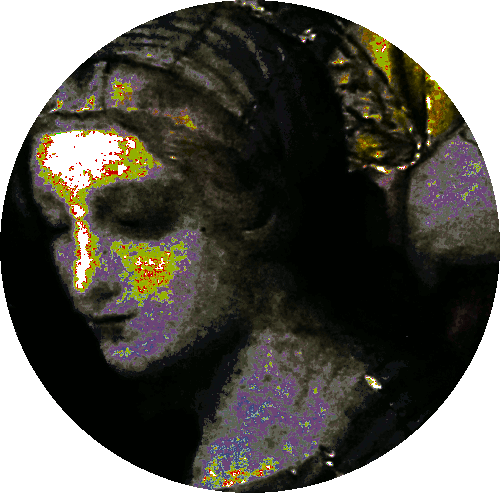
Sheba with dusky
skin |
- The Queen of Sheba (Bilqis and Makeda) was a figure from the
Hebrew Bible and the Septuagint.
- Every ancient story you hear
is not myth, usually just parts of it have been elaborated.
|
SANG Solomon to Sheba, And kissed her dusky face, 'All
day long from mid-day We have talked in the one place.
(William Butler Yeats)
|
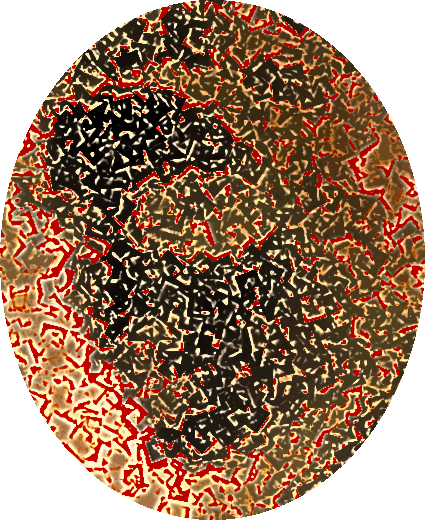
Sheba coin |
- There was a Sheba (also known as Sabea) located where modern-day Yemen is today (Southern Arabia),
directly north of current day Ethiopia.
- Home to the Arabian's
and many believe this is where Queen of Sheba was from but there
were two Sheba's.
- And both had father's named Joktan (Yucatán).
- The Queen of Sheba's father was the Joktan who was a descendant of
Biblical Ham, son of Noah, who went south to the vast kingdom of
Ethiopia, which was all of Africa.
|
Very few queens have evoked passionate sentiments the way the mythical Queen of Sheba has. Her legacy transcends nation-states, continents, and even religious affiliation. The exact geographical origin of Queen of Sheba has been highly contested.
(madote.com)
|
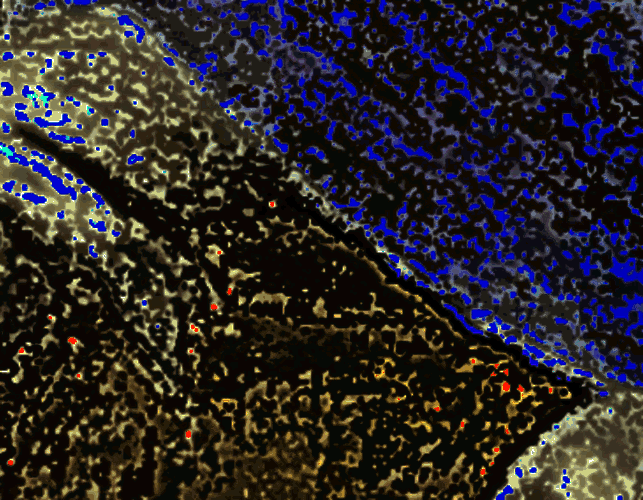
Wealthy kingdom |
- To the ancients, Ethiopia referred to the continent of
Africa and at one time it was called Abyssina.
- This was a wealthy kingdom with abundant gold, spices, and precious woods.
- History reveals that they were known to have queens as well as kings.
|
This queen traveled in the manner of queens, with a large royal procession, heavily laden with gifts and goods for trade.
(enduringword.com)
|
|
Family
Lineage |
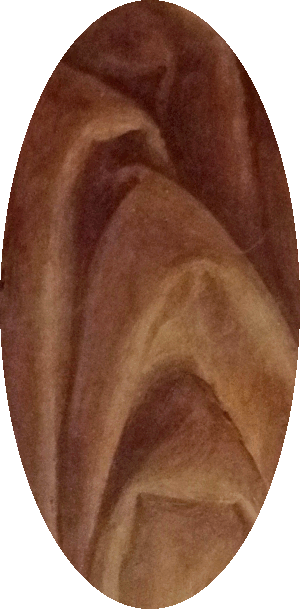
Patriarchs |
- Abraham, Isaac, and Jacob, are considered the "Patriarchs" or founders of faith because of their role in God's establishment of His covenant with the people of Israel.
- Judaism, Christianity, and Islam all trace their historical roots back to the Patriarchs.
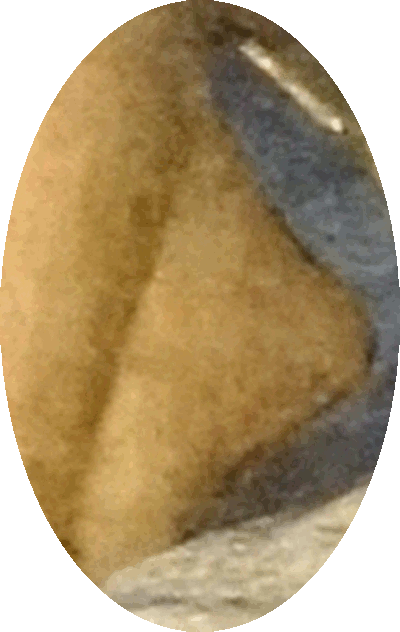
Hagar heads east |
- Biblical Hagar, an Egyptian, is often
thought of as one of Abraham's wives, but she was not a wife, she
was his concubine.
- Abraham is associated with Sarai, Hagar and
Keturah and we know that after Abraham had Sarai's handmaid, Hagar, thrown out of
his house, that Hagar went east.
- Nobody really knows where she
went, she went east but not as far as the Orient.
This thy stature is like to a palm tree, and thy breasts to clusters [of grapes]. (Song of Solomon 7:7) |
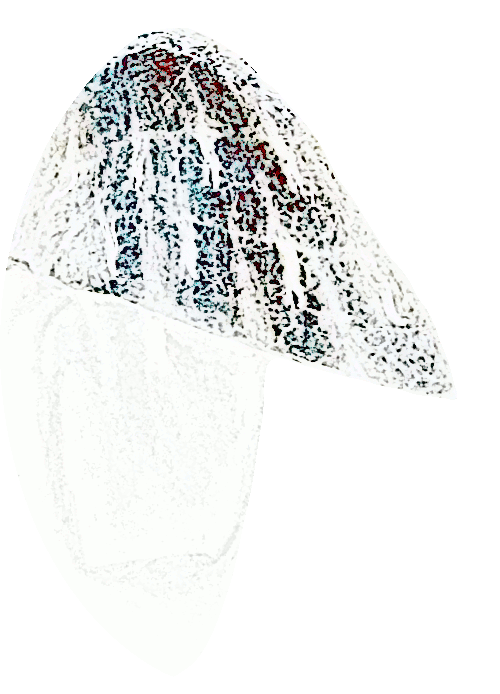
East of Eden |
- Hagar was wandering around with Ishmael, the son she had
with Abraham, and they started off walking and may have gone 50
miles, although her people did eventually migrate to the Orient,
it's clear somebody went to China and Japan.
- Many don't seem to
understand that the 12 Tribes of Israel didn't just come from Leah
(slavewoman) and Rachel (freewoman), there were concubines involved.
- Such as Hagar, Bilhah (Rachel's handmaiden) and Zilpah who were
obviously from different tribes, nations and races and they were all
different colors.
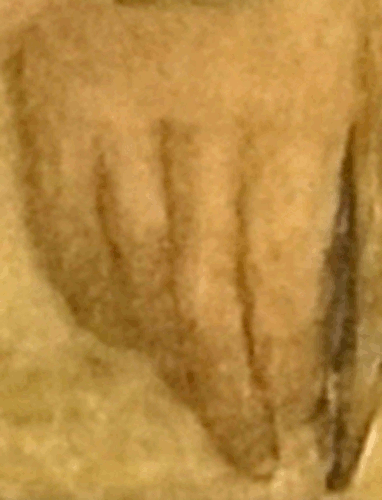
Back handed |
- Not all of the 12 tribes received the same blessings
from Jacob (Israel) their father because not all had the same character and
skills.
- God renamed Jacob, who was the son of Isaac, and called him Israel.
|
Abraham's son Isaac married a woman named Rebecca, and they had twin boys, Esau and Jacob. While Jacob was the younger twin, he was ambitious. He tricked Esau into giving up both his birthright and his father's blessing. Therefore, contrary to tradition of the day, Jacob, the younger son, became head of the family.
(Study.com)
|
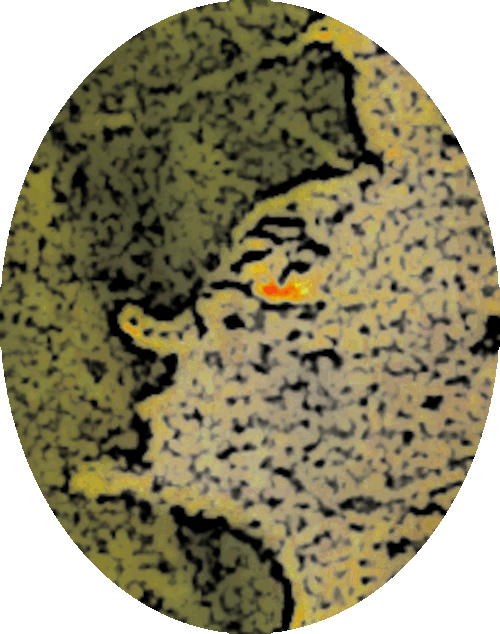
Egyptian influence |
- It's very possible that Leah and Rachel weren't
full-blooded sisters and the first clue is that Rachel has the word
El in her name.
- It's also possible that Rachel was originally spelled
Rahel because we know that she had something to do with the Divine
Ra.
- In fact, lot's of names in Israel have Egyptian deities in
them like Israel, Samuel, Daniel and Saul.
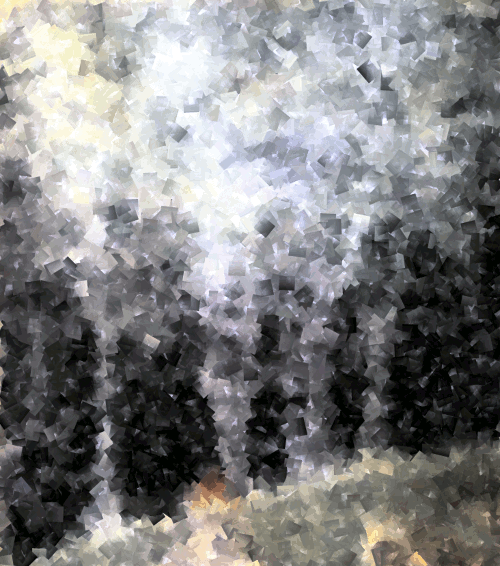
Elohim |
- Leah, a woman, represents a covenant of Abraham, a
marriage covenant that represents the lower ego, carnal
commandments, such as the deity of YHWH (Yahweh).
- El is Enlil,
which is sometimes spelled, Ellil (Elil).
- In the Hebrew and
Christian Bible's we have YHWH (Yahweh) of the Elohim (which is
plural).
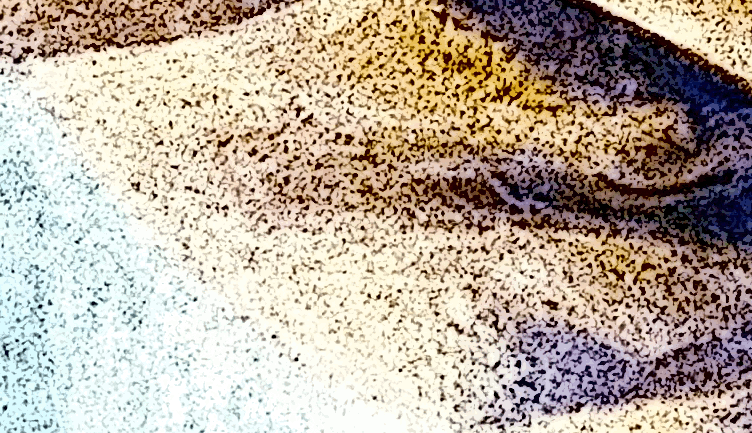
Sandy foot |
- We know that the Sumerian, Egyptian, Babylonian and the
Akkadian had numerous deities in their pantheons and all of them
took part in creating the world.
- Enlil was juxtaposed with Enki
Ea throughout Sumerian mythology as important members of their
pantheon.
|
There's a skirmish of wit between them.
(Shakespeare, Much Ado About Nothing)
|
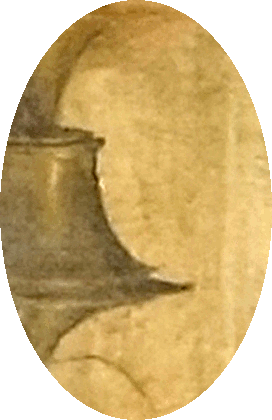
Enki brass duck |
- Abyssina was also known as the Abyss, this was the
kingdom where Ea Enki (Enkidu), the Wildman, set up residence.
-
Enki
had two horns and looks like the devil.
- Ham, son of Noah who
went south, was a descendant of Enki (who is Cain).
|
He that hath a beard is more than a youth, and he that hath no beard is less than a man: and he that is more than a youth is not for me, and he that is less than a man, I am not for him.
(Shakespeare, Much Ado About Nothing)
|
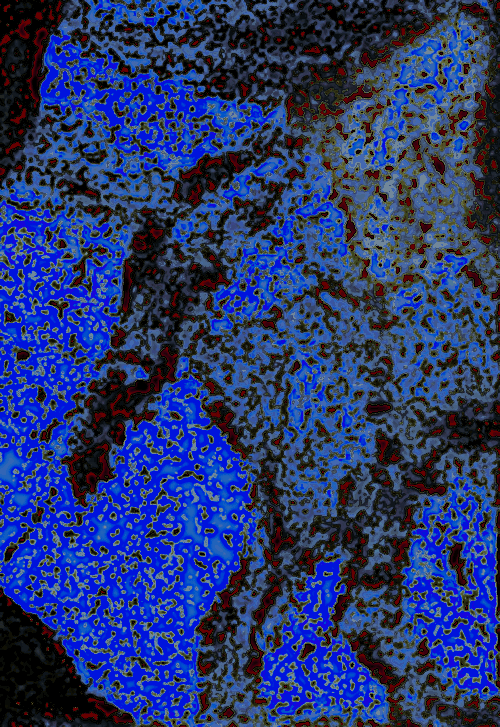
Enlil blue |
- El was the name of Enlil, also known as Gilgamesh, which
is sometimes spelled Ellil.
- The word angel is an angelicized
way of saying El or Enlil.
- So why does the Mountain of El have
all these sons of the Elohim; that is because they are the sons of
Enlil, even though the High Father is Uranus or Anu to the
Sumerians.
- The Elohim can be either singular or plural,
although in the Hebrew Bible, which refers to Elohim over 2,000
times, it is talking about YHWH, the national God of Israel.
-
It was here that YHWH evidently began his work on monotheism
changing many gods into himself.
|
God (elohim) stands in the divine assembly;
he administers judgment in the midst of the gods (elohim).
(Psalm 82)
|
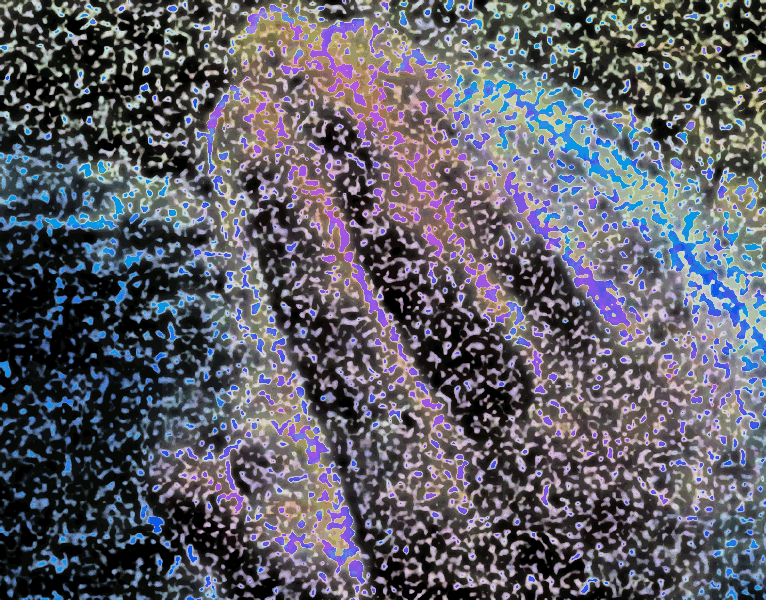
Enki moved up to
land |
- There were two sons of Uranus (Anu), one was a heavenly
deity, Enlil, who was from the sky, like Zeus with his thunderbolt.
- The other son was Ea Enki who took up residence down in the Abyss
and then moved it up on the land, and that was the god over the
Abyss.
- God over the Abyss and that is the same as Poseidon and
even Hades.
|
In time the savage bull doth bear the yoke.
(Shakespeare, Much Ado About Nothing)
|
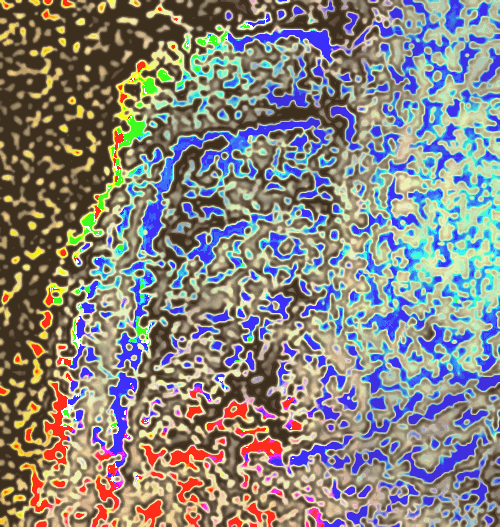
Hades kingdom |
- There were three kingdoms Zeus was in heaven and Poseidon and Hades
kingdoms were not in heaven.
- Poseidon's kingdom was the ocean and
Hade's was the deep Abyss, in Tartarus, another word for hell.
- Disciple Paul told us that the Jerusalem that is now, cooresponds to Hagar, who is in bondage with her children
and she is related to a mountain in Arabia, meaning she didn't go
far when she traveled east.
- Hagar wandered around with one bottle of milk and her
child Ishmael, who also ended up having 12 tribes of Ishmael, kind
of a counterpart to Jacob, his father, and his 12 tribes.
|
For this Hagar is Mount Sinai in Arabia, and corresponds to Jerusalem which now is, and is in bondage with her children— but the Jerusalem above is free, which is the mother of us all. For it is written:
"Rejoice, O barren, You who do not bear!"
(Galatians 4:25-31)
|

Ishmael's tribes |
- Accord to Paul, Ishmael's 12 tribes are the tribes that are
now present and that Hagar is the Temple of Herod (Herodias).
-
The name Herod has to do with the Edomites and Esau, the firstborn son of Isaac and the twin brother of Jacob,
Ishmael's father.
- Esau is not Ishmael but the story tells of
how Hagar wandered around and Ismael was about 13, a young man, and
Esau and Ishmael are intermarried and they become this whole nation
south of Israel that Israel is always confronting.
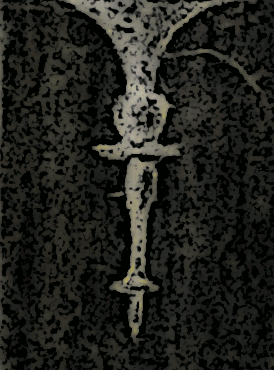
Moses was the
brother of Aaron |
- There's another nation that seems to have joined up with them
and that's Keturah because she is the mother of the Midianites.
-
This is where Jethro, who was a great prophet or priest, was
visited by Moses, a Levite.
- Moses
was the brother of Aaron; and Moses was the one who met with YHWH and
created the 10 commandments.
- The religion of Judaism came from
Jethro, a Midianite priest from Keturah.
- That's what the Bible
tells us but we don't pay any attention to it, Jethro was a higher
rank than Moses.
|
Abraham married Keturah, and they had six sons: Zimran, Jokshan, Medan, Midian, Ishbak, and Shuah.
(Genesis 25:1-2)
|
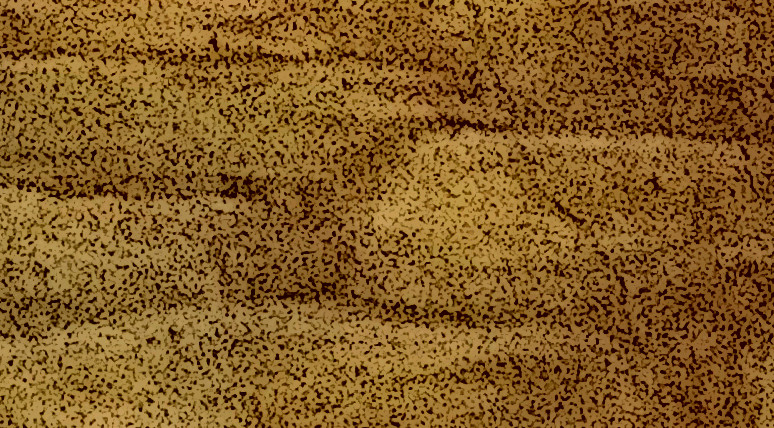
Coming up out of
Egypt |
- Moses got the priesthood because he married the daughter of
Jethro who was Zipporah.
- Together, Moses and Zipporah had
a son named Balaam who later gives a prophecy in the Bible.
-
Moses and Jethro created a confederation and brought the Israelites
up out of Egypt, the sons of Jacob, the 12 tribes, and they decided
to make a lower priesthood out of Moses called the Aaronic
Priesthood named after Moses brother Aaron.
-The
Aaronic Priesthood is a lesser priesthood than Jesus and his Melchizedek Priesthood.
|
On the way, at a place where they spent the night, the Lord met him and tried to kill him. But Zipporah took a flint and cut off her son's foreskin, and touched Moses' feet with it, and said, 'Truly you are a bridegroom of blood to me! ' So he let him alone.
(Exodus 4:24-26)
|
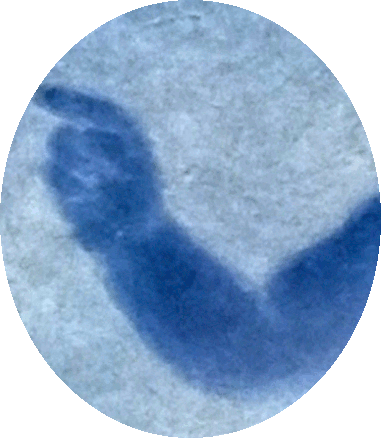
El blue |
- The Aaronic Priesthood was something that was made up on the
spot, it was an appendage to the priesthood of Jethro who was called
Reuel, because he (and his priesthood) worshiped El (Enlil).
-
This proves that El Enlil was worshiped by the Middle Eastern
peoples who lived in places such as Canaan.
- In the Old
Testament we discover that the Midianites, the Ishmaelites and the
children of Esau were all one nation and they all worshiped at
Mount Seir in Arabia (which is now modern-day Jordan and part of
northern Saudi Arabia).
|
Thus dwelt Esau in mount Seir: Esau is Edom.
(Genesis-36-8)
|
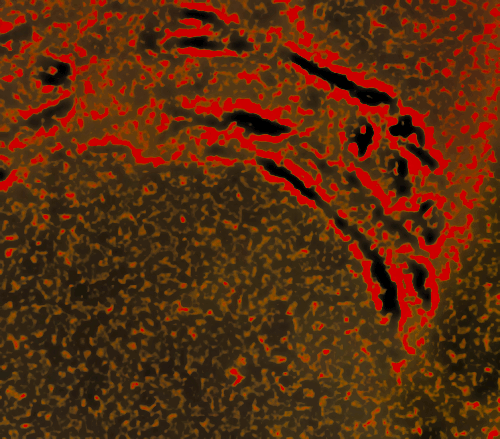
Bondage |
- The bondage that we're in is because we're under a covenant,
just like Jacob had a covenant with Leah and Rachel, we also have
two covenants, the old and the new.
- Jacob's favorite covenant was with Rachel, but
she was barren and Leah ended up with six sons and a daughter.
|
In a false quarrel there is no true valour.
(Shakespeare, Much Ado About Nothing)
|
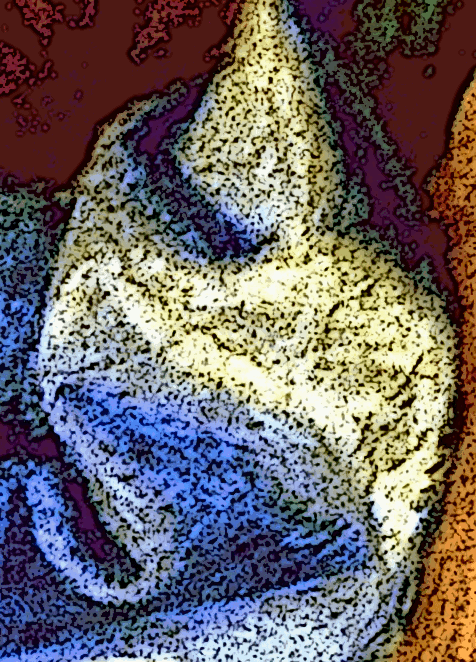
Lineage |
-
Tracing the lineage back from Noah to Shem to Heber to Joktan.
-
Eber, a Hebrew, was a great-grandson of Noah's son Shem and the
father of Peleg and Joktan.
- Peleg and Joktan came of age during the days
of the Tower of Babel when language was confused and the 72 nations
left Babylon.
- This was all the world and they were of every
color, not like now where black people are in Africa and white
people in Europe, etc.
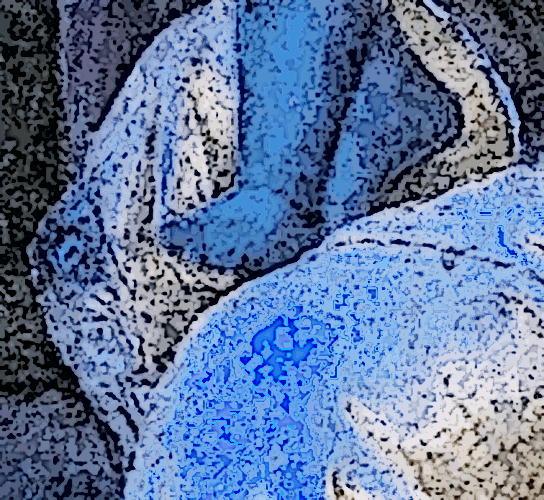
Walking on water
or lap dance |
- When Thoth came down on this earth and saw all the
barbarianism that occurred after the flood, it appears he went to
each and every place on earth and gave them some kind of religion,
some kind of distinction and did something with their consciousness
or learning.
- We don't really know what happened, but some say
that Christ made each and every tribe and we all know we're from
different backgrounds and we have different characteristics.
-
Plus, we also know that each of us belong to one of the 12 houses
and they all came up out of Egypt.
- The midwives knew that every
child was born on his mother's lap.
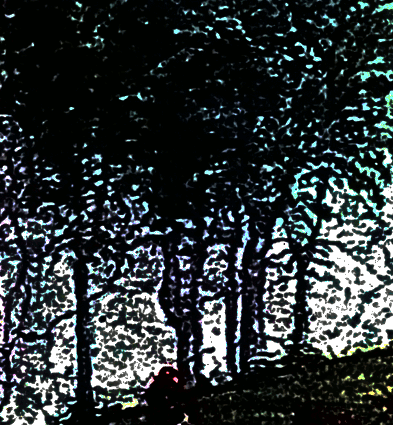
Family tree |
- From the beginning we knew about two houses, Cain and Abel,
and then there is Jacob and Esau, there are many dualities in the
Bible.
- Judah and Tamar had two children, Zerah (Zarah) and Perez
(Pharez) who were twins.
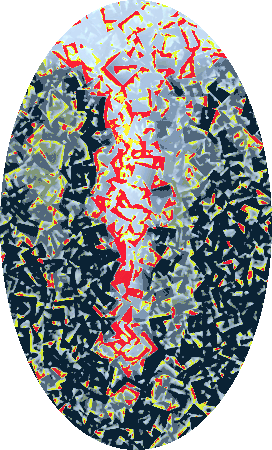
Red thread chasm |
- Zerah (Scarlet), put his hand out of the womb first and the midwife tied the scarlet cord around his wrist to identify him as the firstborn.
- He then pulled his hand back into the womb and his twin brother Perez
(Breach) was born first, thereby breaching his brother Zerah's
birthright.
|
When the time came for her to give birth, there were twin boys in her womb. As she was giving birth, one of them put out his hand; so the midwife took a scarlet thread and tied it on his wrist and said, “This one came out first.” But when he drew back his hand, his brother came out, and she said, “So this is how you have broken out!” And he was named Perez. Then his brother, who had the scarlet thread on his wrist, came out. And he was named Zerah.
(Genesis 38:27-30)
|
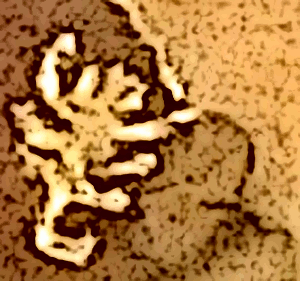
Royal line of David |
- Perez, who took the birthright from his brother Zerah, carried the tribal (family) name of Judah, from which came king David, the shepherd boy who slew the giant Goliath with a stone from his sling and became king of Israel.
- The Royal line of David descends from Perez and their emblem is an amber, golden lion, rampant, with a crown on its head.
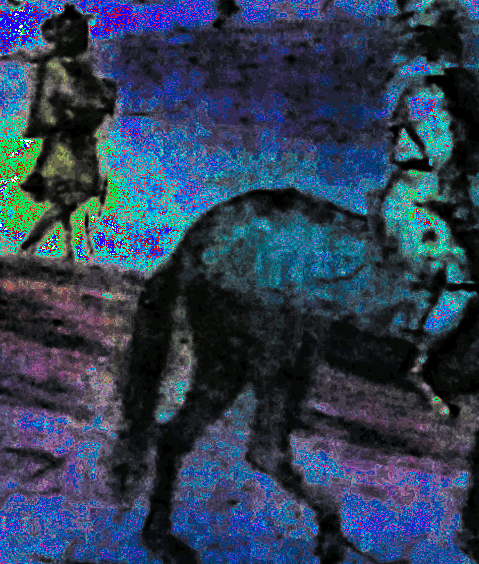
Stronghold of Zerah |
- The descendants of twin brother, Zerah of the 'Red Hand,' having lost the
birthright, went into exile and migrated to Heberia (now known as Iberia or Spain).
- They built the city of Zaragoza (Zarah-gassa) which means the
'Stronghold of Zerah.'
- Later the Israelites' traditional enemy, Babylon and Rome, invaded Heberia and drove the Zarahites out to the northern coastlands of Spain.
- From there many of Zerah's descendats fled across the water to Ireland (Hebernia), the Hebrews' new-land and the Hebrides
(Hebrew's Isles).
|
Some of their descendants migrated from Ireland to Scotland, and, once there, decided to use their own Judah Zarah version of the Judahite emblem, which is the red lion rampant, just as Judah Pharez use the amber lion rampant (rampant is a word used in heraldry. and it means that an animal is shown standing-up on its back legs, on a coat-of-arms).
(rejoicinglifeministries.com)
|
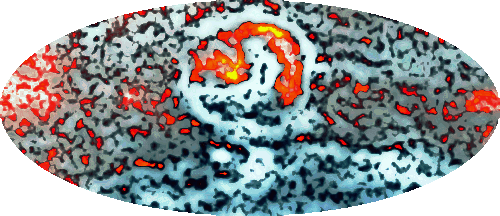
Red thread dragon |
- Judah was Jacob-Israel's fourth son, from whom the
Jews claim descent and who sold his brother Joseph into slavery in
Egypt.
- The word Jewish and Israel are not synonymous and do not mean the same or refer to the same people
because the Jews are only one tribe, and the other 11 tribes were
all different races.
- You have to pay attention to how unique the 12
sons all are, you can't just
say they came from Jacob so they're all the same tribe and
nationality.
- This is because Jacob had several wives and
concubines.
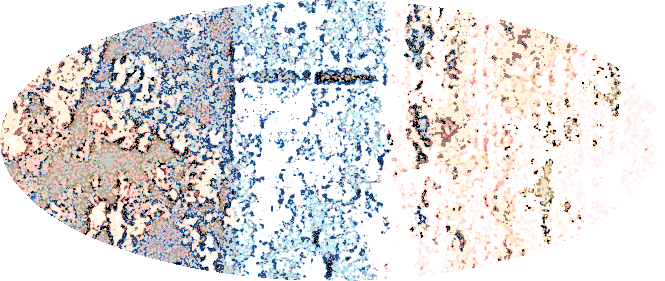
Pillar of salt |
- When Keturah birthed her first born son from Abraham she named
him Joktan.
- Sarai (Sarah) came from Laban's house and Abraham and Nahor
were brothers and their father was Terah (Terach) who lived 205 years
and came from Chaldea (now Southern Iraq).
-
Lot, who was a nephew of Abraham, had two daughters and a wife,
Edith (Ado), who
turned to look back and was changed into a pillar of salt.
-
Abraham and Nahor were brothers and at this point they didn't have
'tribes' and Lot was their son and they were all family and very
protective of each other.
|
Cupid kills with arrows, some with traps.
(Shakespeare, Much Ado About Nothing)
|
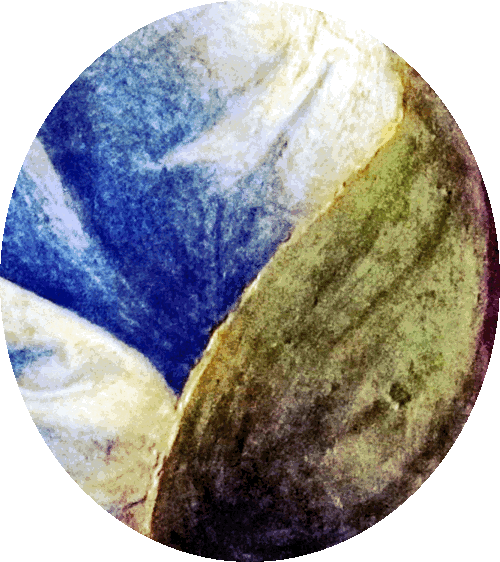
Solomon's Ark tipped |
- Joktan's child was Sheba and there were more than one Sheba in
the Bible, but we can prove that this one was in the history who
came from Africa (Ethiopia).
- Ea Enki and his descendant Ham
(Saturn) went south and set up their kingdom and it was the same
nation that Sheba came from.
- There has been so much history
written about Solomon and the Ark of the Covenant in Africa
(Ethiopia).
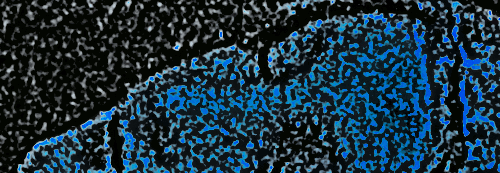
Na'ama |
- Ham did something bad, he slept with his father, Noah's, naked
concubine, Na'ama, daughter of Lemech and Tzillah, who was the
great-great-great-granddaughter of Cain.
- Ham already had his
own wife and the Bible doesn't say there was any curse on any of his
children except Canaan and this is because Canaan was the result of
Ham's union with Na'ama.
- And Canaan had seven children and
that's the seven-handed dragon of the Dragon mother Na'ama.
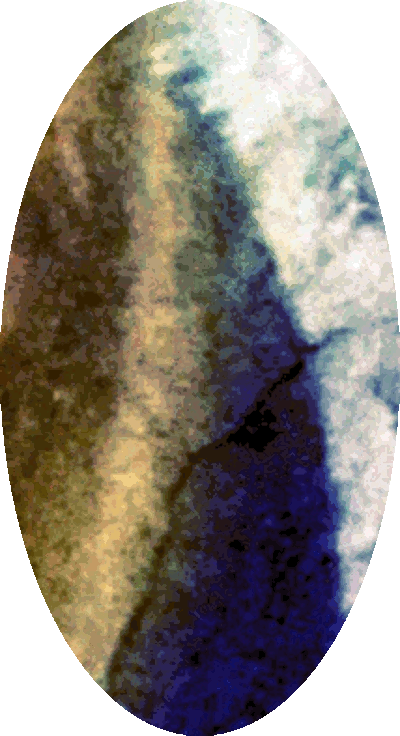
Queenly |
- So Joktan had a child and we don't know what color he was but
that he is the one who fathered Sheba.
- King David was married
to Bathsheba and together they had Solomon.
- It's very important
that we know who Bathsheba is.
- For some reason, the Queen of
Sheba became very interested in Solomon, maybe it was because
Solomon was something like a nephew or that this is her kingdom by
virture of her being queen.
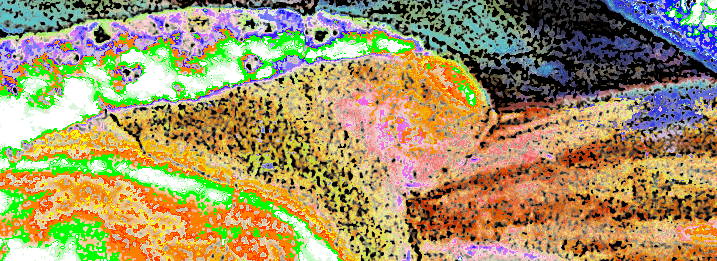
Sheba view |
- David was the king, and Bathsheba was the mother, and this
shows that where Sheba was from Joktan is not just some kingdom, but
perhaps the greatest kingdom in the world.
- Possibly larger than
all the great kingdoms like Babylon, Israel or Rome.
- This place
was later called Moeris and Herodotus wrote about seeing a pyramid
in Lake Moeris there that was larger than Giza.
- The pyramid
rose 50 fathoms (300') above the water and there were several
pyramids; located in what has been referred to as a huge city or
metropolis that is no longer there.
|
This is clearly a man-made lake which has been excavated, for roughly at its center stand two pyramids, each of them rising 50 fathoms above the surface of the water and extending just as far underwater. On top of each sits a giant stone statue on a throne. (Herodotus,
Histories)
|
 |
 |
|
Smelting |
- Traces of early copper or iron smelting
were found at Aksum, Ethiopia, from the 3rd/4th century that showed a
highly efficient iron smelting operation using the 'bloomery'
process and slag tapping furnaces.
|
Founded around A.D. 100 by Zoskales, Aksum quickly became the centre of a major empire, well connected with trade routes exploiting its strategic geographical position.
(Munroe-Hay, 1991)
|
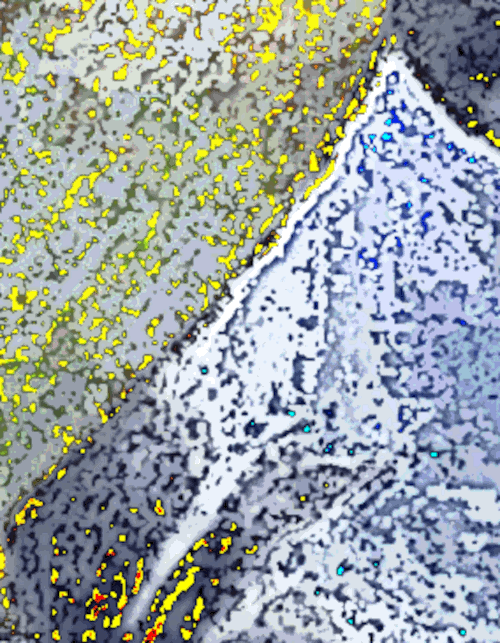
Pyramid library |
- Herodotus also
mentioned that he found a labyrinth in Moeris underneath the pyramid
which was very important in ancient times and that is what we call
the library.
- Later on, the library was moved to Heliopolis
which was located about 50 miles from present day Cairo.
- Now
there's another temple there which has been standing probably since
before the flood, Giza, and the pyramids at Moeris were also
constructed before the flood.
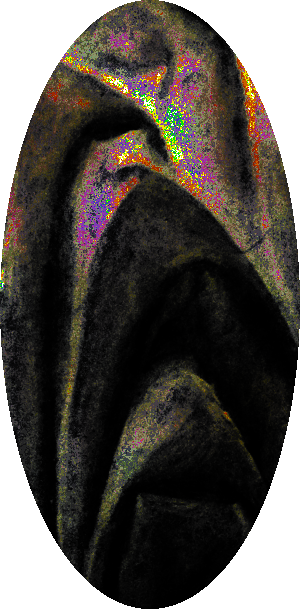
Labyrinth |
- The labyrinth is where all the
ancient wisdom and history has been stored and one day we will
recover all of it and discover all the history of mankind and the
story of Atlantis.
- Diodorus Siculus also claimed that the Egyptian Labyrinth inspired Daedalus to build the Cretan labyrinth for King Minos.
- The complex in Moeris is undoubtably buried beneath the ground
but it's unclear if anyone knows where.
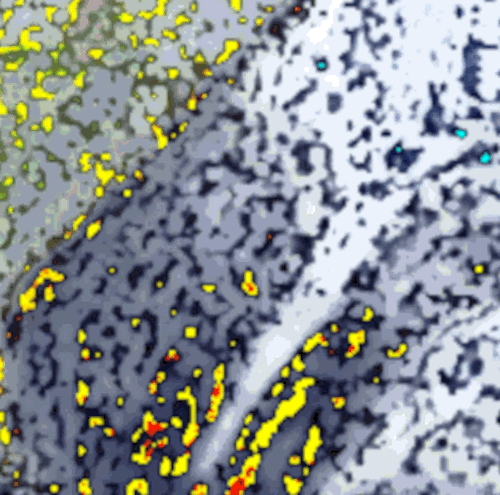
Alexander gold
digging elephant |
- We know that Alexander
visited Moeris because he was looking for all the gold, jewelry,
books and
vast amounts of wealth, all buried beneath the ground in the
labyrinth.
- So the labyrinth is either blocked off and highly
guarded, or the priests already removed everything or it was
ransacked.
- It's also possible that there are tunnels to other
locations there.
- From what we know about hidden knowledge, it's
likely that not all of it was removed or pilaged and that it is
still hidden somewhere.
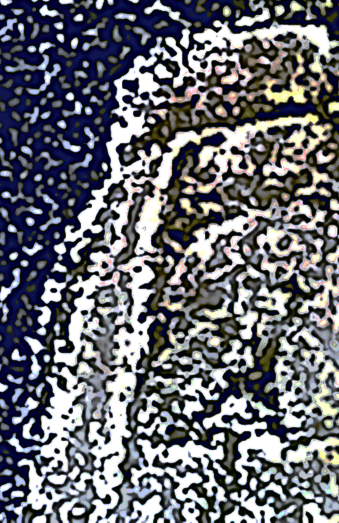
Yucatán pyramid |
- Another part of the story that is unclear is Joktan (Yucatán)
is also purported to be located in the Yucatán Peninsula in Mexico.
- This is because North and South America split apart from Africa in
a tectonic shift and you can see all the gold mines are in places
like Peru and Africa and the gold of Ophir was very special.
- African people were the first born sons
of Solomon.
- This is Menelik, Emperor of Ethiopia in the
Solomonic dynasty, in the reign of King
David and the line of Solomon.
- King David went to Africa and
later ended up in Mexico unbeknownst to him.
|
It cannot be bought with the gold of Ophir,
with precious onyx or lapis lazuli.
Neither gold nor crystal can compare with it,
nor can it be had for jewels of gold.
Coral and jasper are not worthy of mention;
the price of wisdom is beyond rubies.
(Job 28:16-18)
|
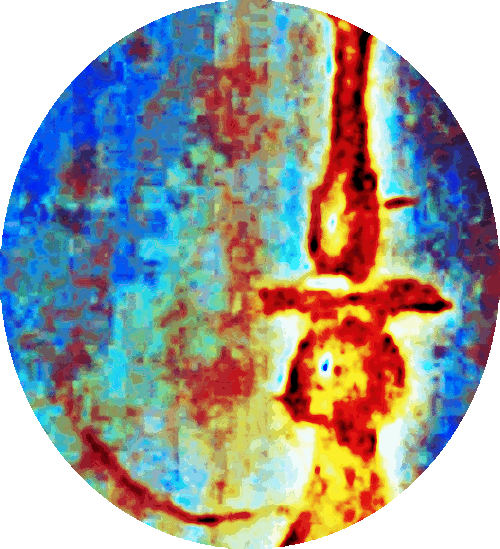
Ophir gold |
- Joktan is a descendant of Shem he was father of Queen of Sheba
who we know was a black woman.
- We know this because priests
during that period described her as that and this is shown in the
Canticles, Song of Solomon and Ecclesiastes.
- Disciple Paul wrote
that Hagar was a slave and most assume she must be black, that is
not true.
- Hagar was Egyptian and Abraham had an Egyptian
concubine.
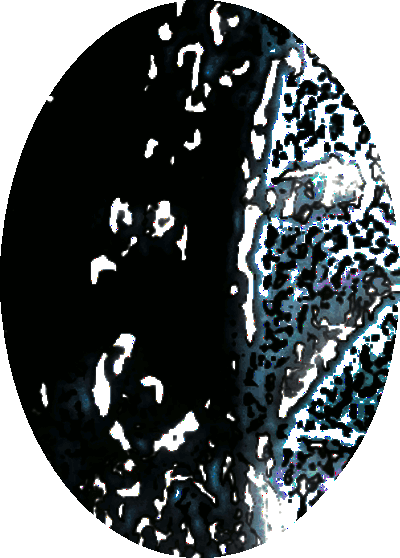
Concubine |
- Because someone was a concubine certainly didn't mean that
their entire race was enslaved, concubines came in all colors and
races.
- Both Zilpah and Bilhah were white and we know this from the ancient
writings in the Testament of Naphtali.
- Naphtali was
the brother of Dan (Tribe of Dan) and was born from the same
concubine, Bilhah, and he wrote that Bilhah was the sister of
Rachel, and they came from Laban's and they were identical.
-
Which shows that not everyone who's a slave is black.
|
The Concubine A Story Of Anne Boleyn. (Norah
Lofts)
|
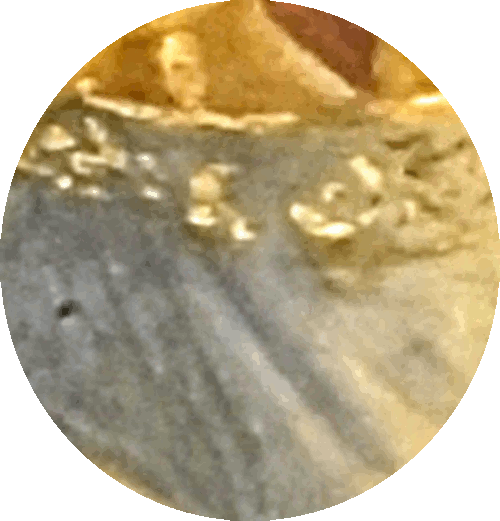
First born son
crowned |
- When Rachel, who was married to Jacob, failed to have children, Rachel gave Bilhah to Jacob like a wife to bear him children.
- Later, after Rachel finally had a child of her own she grew
worried that Bilhah's first born son, Ishmael, would receive Jacob's
inheritance over her own child, so she cast Bilhah out.
- Both
Dan and Naphtali ended up in the Mongolian area of Asia.
- Both
of their tribes were always shown together and that is because they
were the same race as they came from the same mother and father.
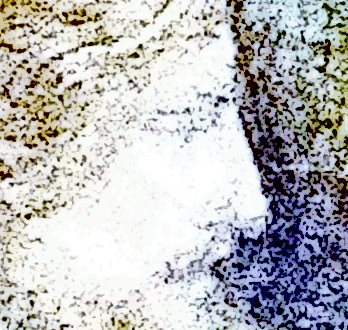
Dan in Transylvania |
- The tribes of Dan and Naphtali traveled together all over the
world and they went to Europe, Russia and Turkey and all the way up
to Mongolia and then back through Europe again.
- They finally
settled in Transylvania which is in Romania, where they set up their
dominion and aligned with Norway and Germanic tribes as well as the
Muscovites in Ukraine.
- Now once again, Hagar was Egyptian and
we know that any number of races called themselves Egyptians but the
story is much deeper.
- Egypt was a brother of Denaus who was the
son of Judah and it was stated in ancient text that Egyptus derived
from Aegyptus.
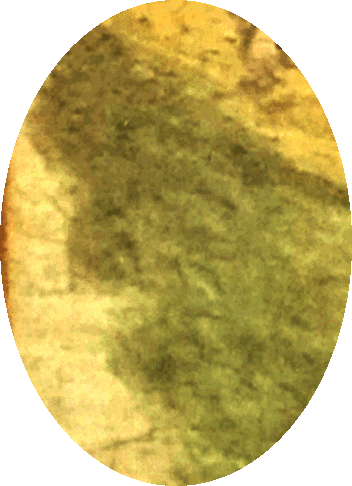
Egyptian history |
- This comes after the common account of AI and Copti and
remember the Coptic religion was Egyptian and they practiced a
version of Christianity that's older than any sects ever discovered.
- So the ancients were saying that Judah's son Zerah (Zérach) fathered
Egypt and Denaus and this is the true tribe of Judah.
- Rachel
was from Laban's house (in present day Harran, Turkey) and he was the son
of Bethuel who was from the house of Terah.
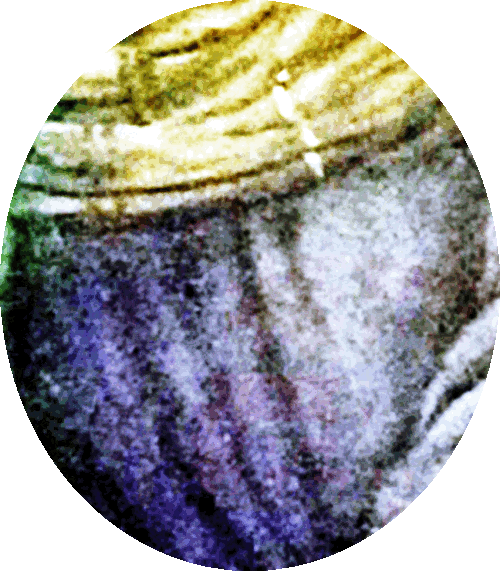
Talmudic
interpretations |
- Common stories that you read about the Queen of Sheba have
been highly influenced by Jewish, Islamic, Ethiopian and Yemenite
historians and have undergone extensive 'elaborations.'
- Over
the years, the Judeans proved without a doubt that they create a lot
of elaborations, however, the true historic accounts from church
leaders and historians do not generally agree with the Talmudic
interpretations.
The religion of the Pharisee is known as Judaism, and the Rabbi’s involved in interpreting and teaching the Babylonian Talmud are called Talmudists. Judaism’s rise comes during the exile of the Hebrews into Babylon
where they resided for 70 years. (jamesgowenauthor)
|
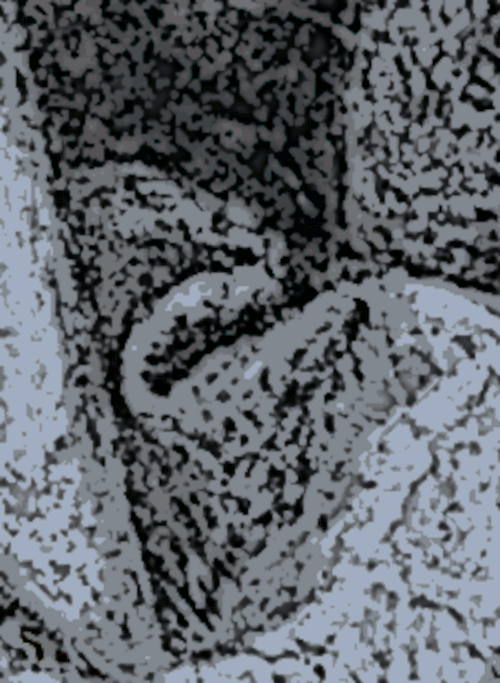
Snake king |
- A 17th century painting of the Queen of Sheba
resides in the church of Lao Lalibela in Ethiopia.
- The most
extensive version of the Sheba legend appears in Kebra Nagast, or
the Glory of Kings, a 14th-century Ethiopian epic which was
translated from Arabic in 1322.
- It is in this text we learn
about Menelik, Emperor of Ethiopia in the Solomonic dynasty,
who is the son of Solomon and Makeda.
- Makeda, which means Queen
of Sheba, was the daughter of the man who destroyed the legendary
snake king, Arwe, which is the line of descent of the Ethiopian
dynasty to the present day.
|
Even Sheba's exact name is not agreed upon. For Yemenis and Arabs in the Arabian Peninsula, her name was "Bilqis". For Christian Ethiopians, her name was "Makeda", while the ancient Roman historian Josephus styled her as "Nicaule."
(madote.com)
|

Merchants from all
over the world |
- The Abyssinian (eastern half of Africa) story has greater
detail, however, it omits any mention of any element that might reflect on
Sheba unfavorably.
- In the
Gospels of Matthew and Luke, the 'queen of the South' is claimed to
be the queen of Ethiopia.
- During those times, King Solomon
dealt with merchants from all over the world, in order to purchase
materials to build his Temple.
|
The Queen of the South will rise at the judgment with the people of this generation and condemn them, for she came from the ends of the earth to listen to Solomon’s wisdom; and now something greater than Solomon is here.
(Luke 11:31)
|
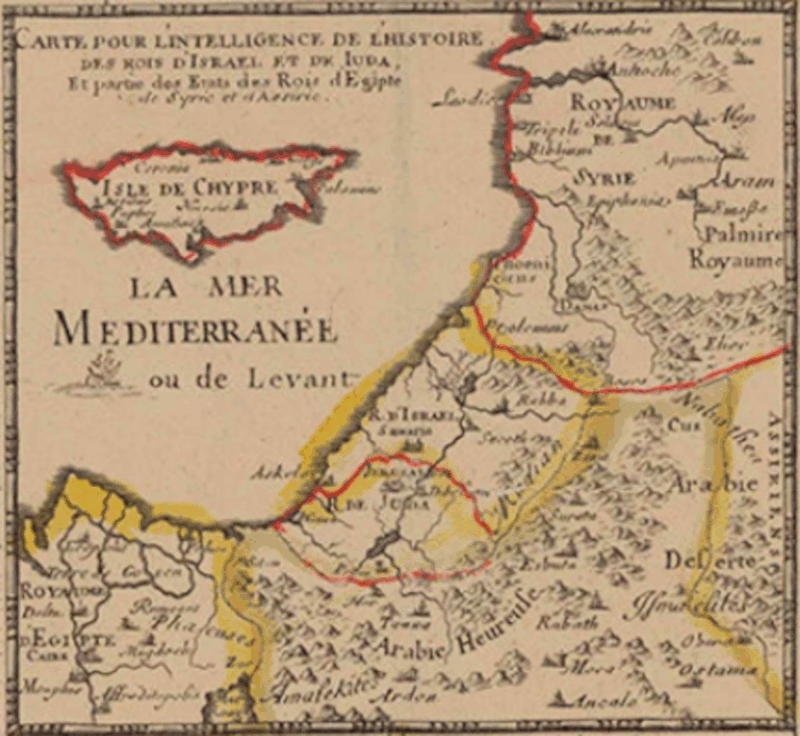 |
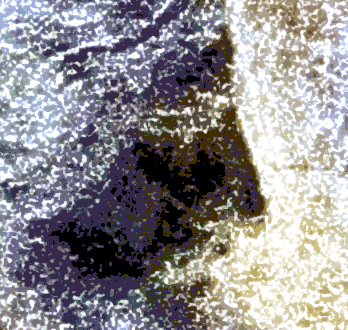 |
|
Sheba and
Kings of the Levant |
- Among the
merchants was Tamrin, of Makeda of Ethiopia, having returned from a
trip told the Queen of Sheba of the wonderful things he had seen in
Jerusalem, and of Solomon's great wisdom and generosity.
- After
Sheba heard Tamrin's favorable report about Solomon she began to
make plans to visit him.
King Solomon
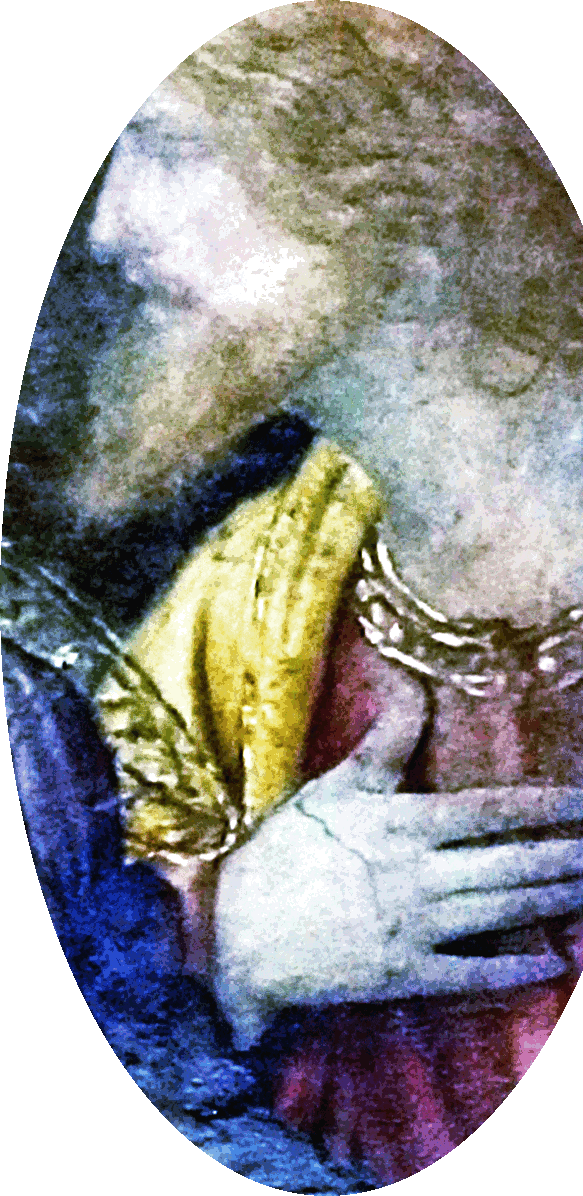
King of Israel |
|
- The Queen of Sheba traveled to Jerusalem and
presented King Solomon, who, like Jesus, was a son of King David, with valuable spices, gold and precious
stones.
- Her story has been a legend in Jewish, Islamic,
Yemenite and Ethiopian renditions of the myth.
- The great prosperity, splendor, and wisdom of Solomon’s kingdom were internationally famous.
|
The kings of Tarshish and of the isles shall bring presents: the kings of Sheba and Seba shall offer gifts. Yea, all kings shall fall down before him: all nations shall serve him. For he shall deliver the needy when he crieth; the poor also, and him that hath no helper.
(Psalm 72:10)
|
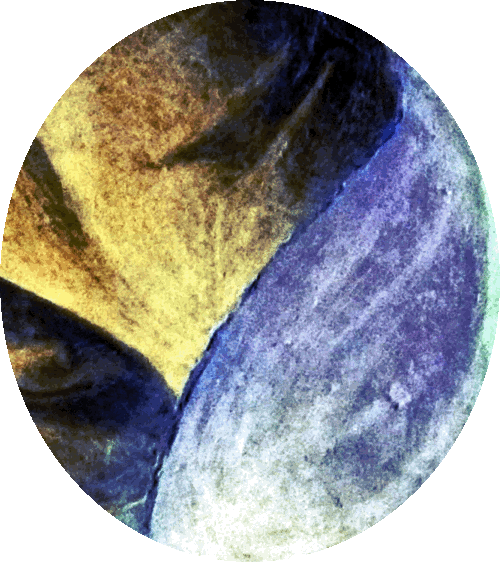
YHWH
|
- King Solomon asked his god,
YHWH (Yahweh), for wisdom according to the Hebrew Bible.
- Because he did not act greedy, asking for wealth and power,
YHWH gave both wealth and power to Solomon.
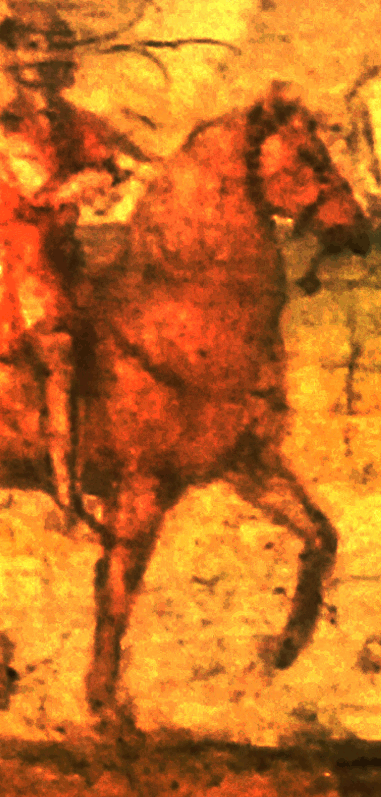
Solomon on horseback
|
- King Solomon, the son of King David, was the third king of the United Kingdom of Israel, and he is best known for his wisdom and construction of the Temple of Jerusalem.
- He ruled Israel during its golden age when the empire was
wealthy, influential, and expansive.
- Much like Queen of
Sheba, there is no direct historical evidence of Solomon's
existence, although he is an important figure in the stories and
culture of ancient Israel and the Near East.
|
Solomon ruled Israel, a small kingdom situated on the eastern banks of the Mediterranean Sea. While there is limited non-biblical textual evidence about Israel at this time, the fact that the kingdom is mentioned in extra-biblical texts indicates it held some power in the region.
(study.com)
|
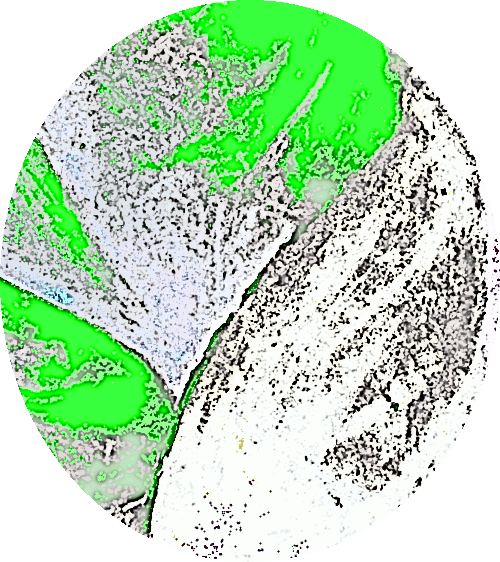
Cedar and fir |
- Religious tradition teaches that Solomon wrote Proverbs,
Ecclesiastes, and Song of Songs.
- Biblical scholars claim there
is no evidence of Solomon's authorship.
- The story of Solomon
appears in the books of Kings and Chronicles in the Hebrew
Bible and the Old Testament written between the 7th and 4th centuries BC.
- He is also mentioned later in the New Testament (1st and 2nd centuries
AD) and the Qur'an (7th century AD).
|
The beams of our house are cedars;
our rafters are firs.
(Song of Songs 1:17)
|
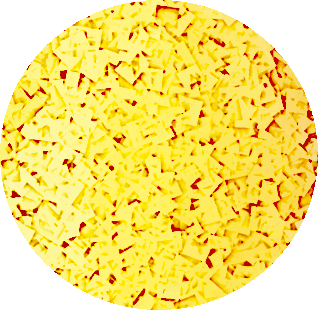
Hammered gold |
- King Solomon made two hundred large shields of hammered gold; six hundred shekels of gold went into each shield.
- He also made three hundred small shields of hammered gold, with three minas of gold in each shield.
- The king put them in the Palace of the Forest of Lebanon.

Political ruler |
- According to the Hebrew Bible, Solomon was a great political ruler.
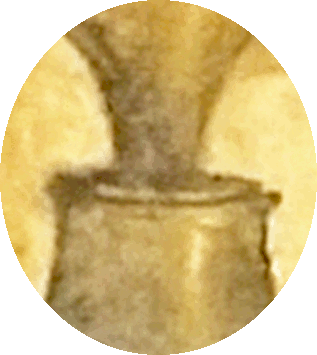
Ivory throne |
- The king made a great throne covered with ivory and overlaid with fine gold.
- The throne had six steps, and its back had a rounded top.
- On both sides of the seat were armrests, with a lion standing beside each of them.
- Twelve lions stood on the six steps, one at either end of each step.
- Nothing like it had ever been made for any other kingdom.
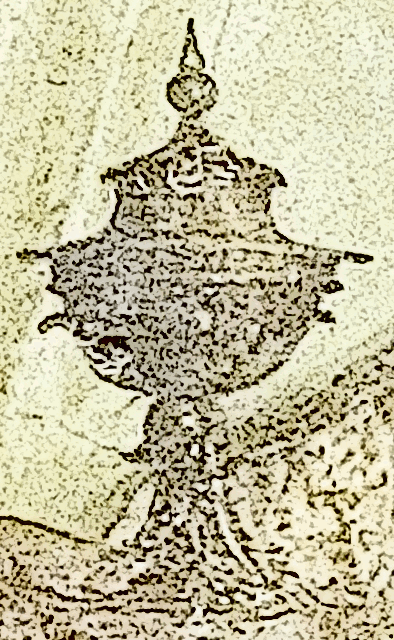
Gold goblet |
- All King Solomon’s goblets were gold, and all the household articles in the Palace of the Forest of Lebanon were pure gold.
- Nothing was made of silver, because silver was considered of little value in Solomon’s days.
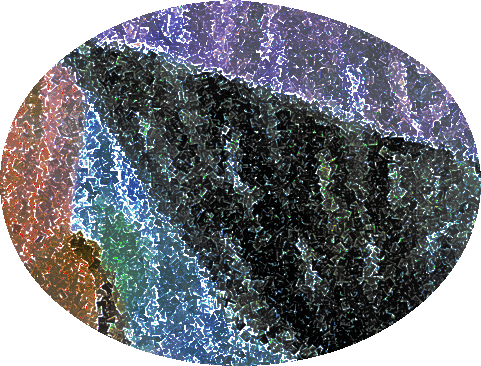
Trading ship |
- The king had a fleet of trading ships at sea along with the ships of Hiram.
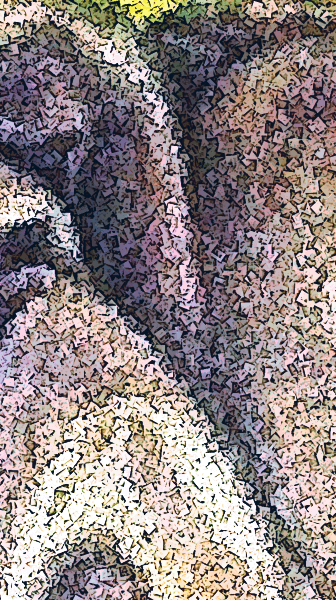
Baboons |
- Once every three years it returned, carrying gold, silver and ivory, and apes and baboons.
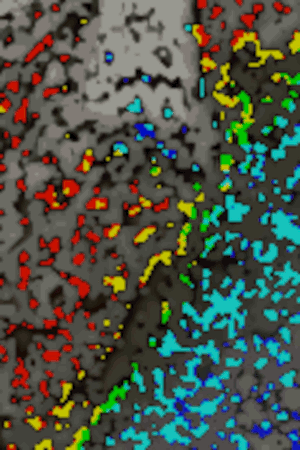
Greatest in riches |
- King Solomon was greater in riches and wisdom than all the other kings of the earth.
- The whole world sought audience with Solomon to hear the wisdom God had put in his heart.
- Year after year, everyone who came brought a gift; articles of silver and gold, robes, weapons and spices, and horses and mules.
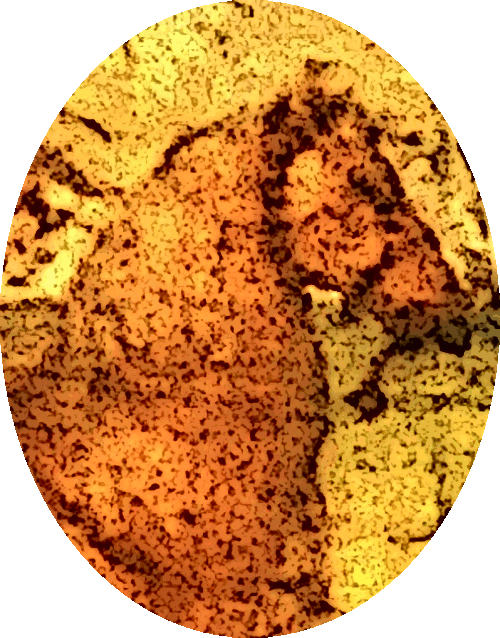
Horseman |
- Solomon accumulated chariots and horses; he had 1,400 chariots and
12,000 horses, which he kept in the chariot cities and also with him in Jerusalem.
- His horses were imported from Egypt and from Kue; the royal merchants purchased them from Kue at the current price.
- The king made silver as common in Jerusalem as stones, and cedar as plentiful as sycamore-fig trees in the foothills.
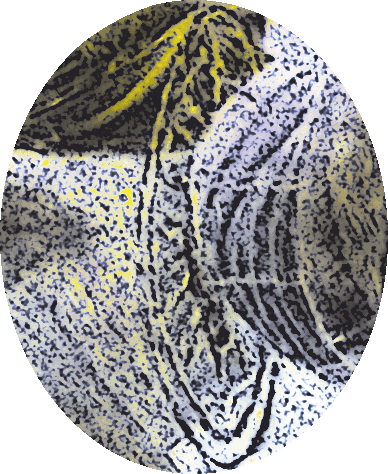
Chariot |
- Solomon imported a chariot from Egypt for six hundred shekels of silver, and a horse for a hundred and fifty.
- He also exported them to all the kings of the Hittites and of the Arameans.
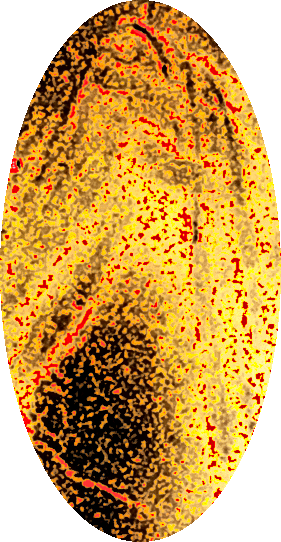
Wives |
- His love of foreign women was worrisome to YHWH who felt that
Solomon worshiped other deities besides
YHWH.
- His multiple marriages were also problematic to the Most
High, who he wasn't serving, because there is a covenant made
between one man and one woman, not anything like what Solomon had
going on.
|
According to the biblical account, Solomon had 700 wives and 300 concubines. The wives were described as foreign princesses, including Pharaoh's daughter and women of Moab, Ammon, Edom, Sidon and of the Hittites.
(Wikipedia)
|
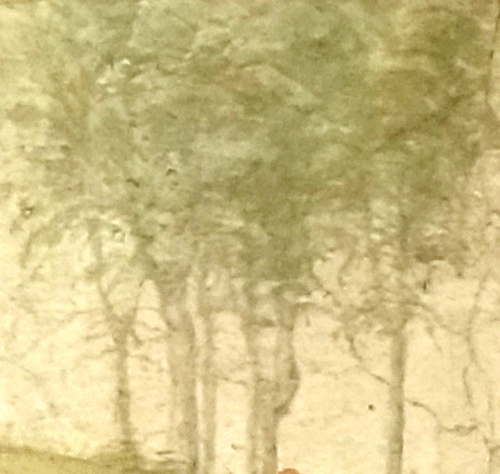
Near East |
- Solomon's life and reign probably occurred in the 10th century BC.
- This was a period when many ancient civilizations ruled and vied for power in the ancient Near East, or the Levant, now known as the Middle East.
- These civilizations included the Hittites, Ammonites, Moabites, Philistines, and Edomites.
|
Constructing a biography of Solomon's life is difficult from a historical perspective since the only tales of Solomon are in religious literature. To best understand the figure of Solomon, one must first understand the historical context of his world.
(study.com)
|
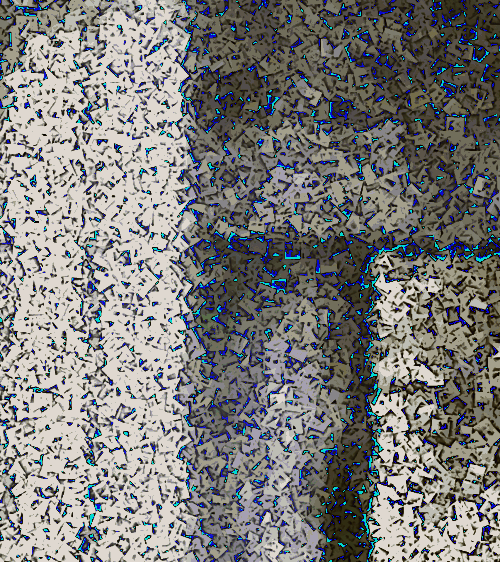
Egyptian pillars |
- In addition to smaller civilizations, major empires like the
Babylonians, Assyrians, and Egyptians ruled regions of the ancient
Near East.
|
According to the Deuteronomistic history in the Hebrew Bible, a United Monarchy or United Kingdom of Israel existed under the reigns of Saul, Eshbaal, David, and Solomon, encompassing the territories of both the later kingdoms of Judah and Israel.
(Wikipedia)
|
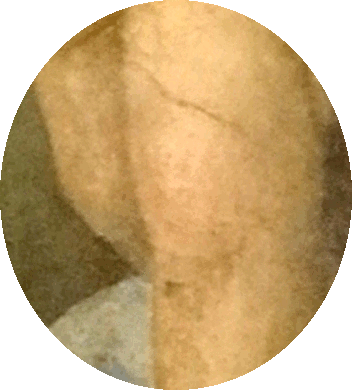
Childhood |
- Solomon was the first child of King David and Bathsheba.
- His birthdate is not known, however, based on time frames in the Hebrew Bible, some people date Solomon's birth to around
970 BC.
- David was the second king of the United Kingdom of Israel, taking over after the death of Saul, the first king.
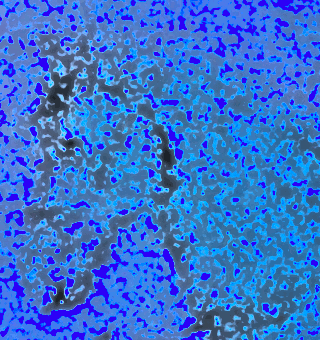
Power struggles |
- Before David's death, one of his other sons, Adonijah,
attempted to claim the throne of Israel.
- Because of power
struggles in the kingdom, David told Solomon to keep true to their
god, YHWH, and dismiss kingdom officials he did not trust.
|
David's reign was filled with drama, intrigue, and impure behavior, according to the Hebrew Bible, which caused issues with throne succession. Despite the fact that the infighting among David's sons by his other wives, Bathsheba, David, and his prophet Nathan decided to make Solomon the heir to the throne.
(study.com)
|
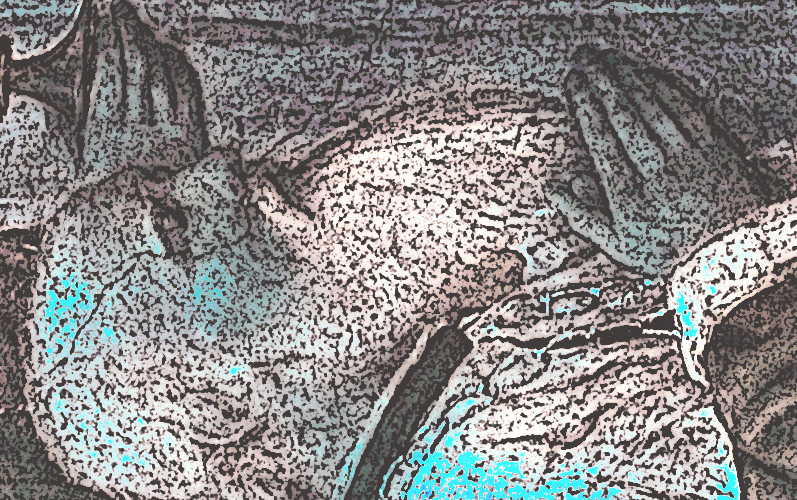
Dead official |
- Solomon took the throne upon David's death around 961
BC.
- He executed officials who had wronged him and his father,
and he appointed new officials to be in political and religious
roles.
- This included appointing 12 governors to rule smaller
portions of the kingdom under Solomon's authority.
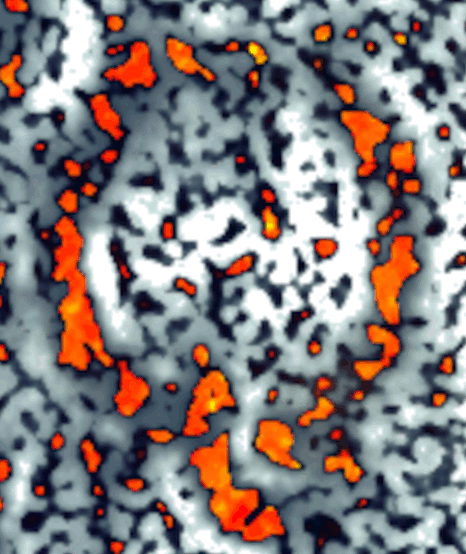
Questions |
- Sheba came to Jerusalem to ask King Solomon (Jedidiah)
hard questions.
- She talked with him about all that she had on her mind.
- Solomon gave her a palace to dwell in and she received great gifts
from him every day.
|
The hard questions were not just riddles, but included difficult diplomatic and ethical questions… The test was not an academic exercise but to see if he would be a trustworthy business party and a reliable ally capable of giving help. (Wiseman)
|

Cane |
- The king and 'Makeda' spoke with great
wisdom, and instructed by him, she converted to Judaism, except it
was not really Judaism.
- The Religion of the Pharisees: The Star God Chiun and the Temple of Moloch.
- The Pharisees (Jews) had pagan gods and they wrote the
Babylonian Talmud, which created Noahide law (which forbids
any religion except Judaism and punishes harshly).
|
You Pharisees and teachers of the Law of Moses are in for trouble! You're nothing but show-offs. You lock people out of the kingdom of heaven. You won't go in yourselves, and you keep others from going in. You Pharisees and teachers of the Law of Moses are in for trouble! You're nothing but show-offs. You travel over land and sea to win one follower. And when you have done so, you make that person twice as fit for hell as you are.
(Matthew 23:13-15)
|
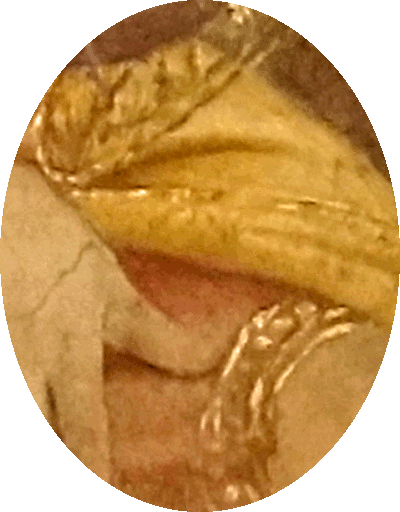
Gold and precious
stones |
-
Sheba arrived in Jerusalem with a very great caravan; with camels carrying spices, large quantities of gold, and precious stones.
- Solomon answered all her questions; nothing was too hard for the king to explain to her.
- And when the queen of Sheba had seen the wisdom of Solomon, there
was no more questioning spirit in her.
|
Praise of Solomon |
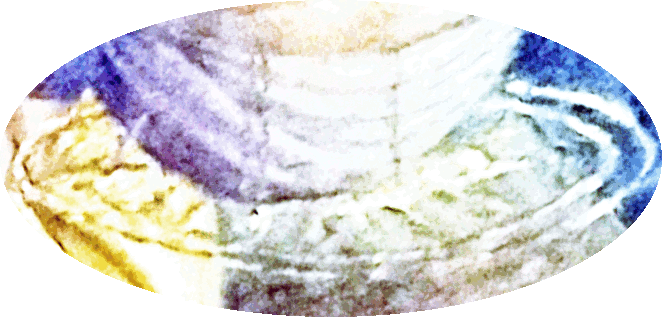
Tableware |
- When the queen of Sheba saw all the wisdom of Solomon and the palace he had built,
the food on his table, the seating of his officials, the attending
servants in their robes, his cupbearers, and the burnt offerings he
made at the temple of the Lord, she was overwhelmed.
|
Herds of camels will cover your land, young camels of Midian and Ephah. And all from Sheba will come, bearing gold and incense and proclaiming the praise of the LORD.
(Isaiah 60:6)
|

Solomon wisdom |
- Now we are shown how YHWH, the LORD God of Israel was so good to
Solomon and he wanted all the nations of the world to be afraid of
Israel.
- He
gifted Solomon with many riches and treasures and all the wisdom in
the world.
|
Now it shall come to pass, if you diligently obey the
voice of the LORD your God, to observe carefully all
His commandments which I command you today, that the
LORD your God will set you high above all nations of
the earth… Then all peoples of the earth shall see
that you are called by the name of the LORD, and they
shall be afraid of you. (Deuteronomy 28:1, 10)
|
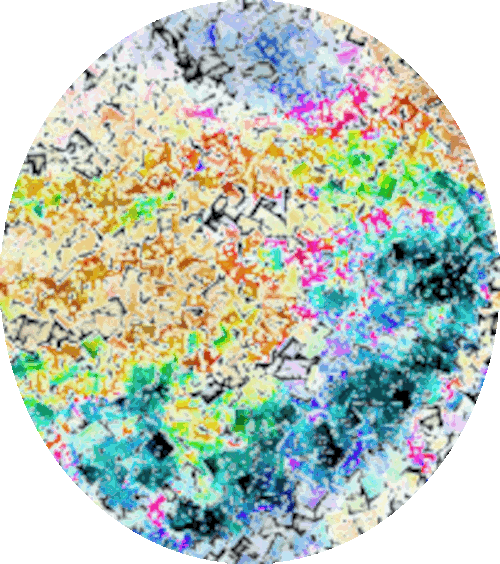
Meadow |
- God promised Israel that if they obeyed under the Old Covenant, He would bless them so tremendously that the world would notice and give glory to the Lord God of Israel.
|
Praise to the LORD implies recognition of Israel’s national God and need not necessarily be an expression of personal faith.
(Wiseman)
|
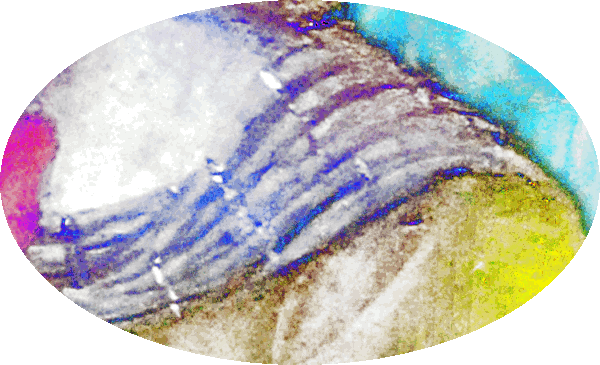
Sheba |
- Sheba told the king that it was a true report which
she heard in her own land about Solomon's words and wisdom.
- She
did not believe their words until she came and saw with her own
eyes.
- Indeed, not even half was told me; in wisdom and wealth
you have far exceeded the report I heard.
- Sheba told Solomon "You exceed the fame of which I heard."
|
Her statement about the blessings of the Lord on Israel and Solomon were no more than a polite reference to Solomon’s God… There is no record that she accepted Solomon’s God, who was so majestically edified by the temple. (Dilday)
|
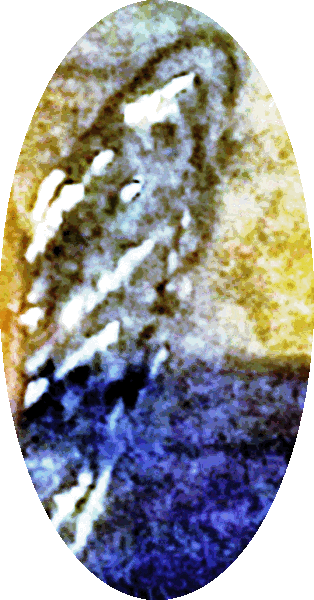
Solomon silver spoon |
- Happy are your men and happy are these your servants, who stand continually before you and hear your wisdom!
- Praise be to the Lord your God, who has delighted in you and
placed you on the throne of Israel.
- Because of the Lord’s
eternal love for Israel, he has made you king to maintain justice
and righteousness.
|
And she gave the king 120 talents of gold, large quantities of spices, and precious stones. Never again were so many spices brought in as those the queen of Sheba gave to King Solomon.
(1 Kings 10:1-10)
|
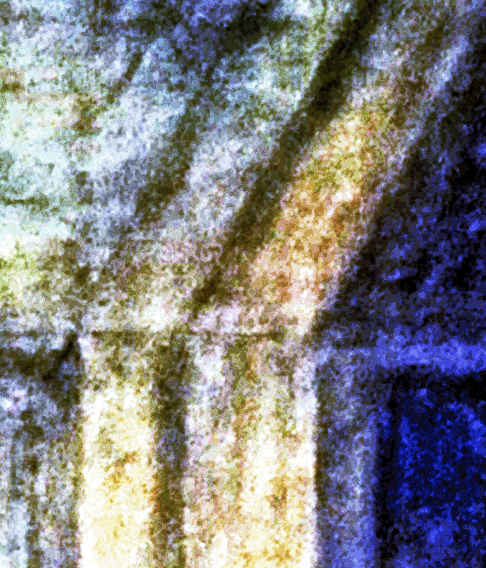
Almugwood for the
royal palace |
- Hiram’s ships brought gold from Ophir; and from there they brought great cargoes of almugwood and precious stones.
- The king used the almugwood to make supports for the temple of the Lord and for the royal palace, and to make harps and lyres for the musicians.
- So much almugwood has never been imported or seen since that
day.
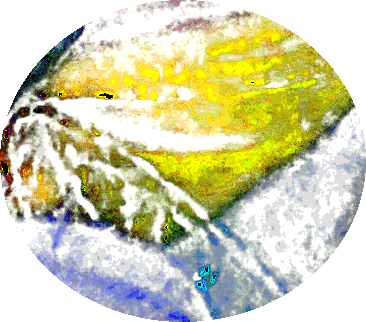
Golden gifts |
- The weight of the gold that Solomon received yearly was 666 talents, not including the revenues from merchants and traders and from all the Arabian kings and the governors of the territories.
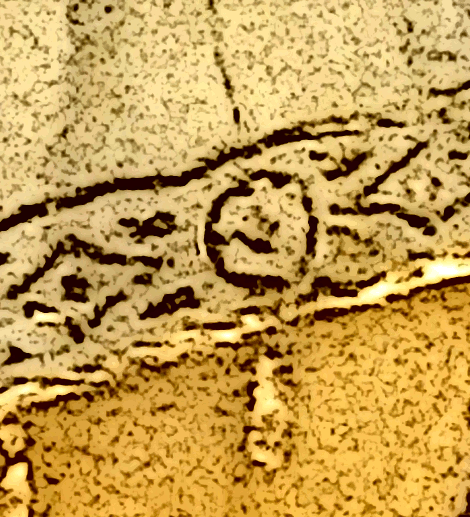
Royal bounty |
- King Solomon gave the Queen of Sheba all she desired and asked for, besides what he had given her out of his royal bounty.
- Before she left, there was a great feast in the king's palace.
- She stayed in his palace overnight after he swore he would not do
her any harm, and she swore in return that she would not steal from
him.
- Makeda awoke in the middle of the night and was thirsty so
decided to drink some water.
- Solomon appeared and reminded her
of her oath to him and she told him "Ignore your oath, just let me
drink water."
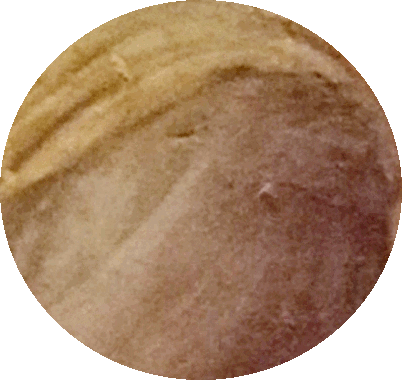
Sun rising over
Israel |
- That same night, Solomon had a dream about the sun
rising over Israel, but being mistreated and despised by the Jews,
the sun moved to shine over Ethiopia and Rome.
- Solomon gave
Makeda a ring as a token of faith, and then she left and returned with her retinue to her own country.
- On her long journey home to Africa, Sheba gave birth to a son, (as
payment for breaking her oath to Solomon) whom she named
Baina-lehkem (bin al-ahakim), which means 'Son of the Wise Man,' who
was later called Menelik.
|
If we take the Queen of Sheba as an example of a seeker, we see that Solomon impressed her with his wealth and splendor, and also impressed her personally. But she returned home without an evident expression of faith in the God of Israel. This shows that impressing seekers with facilities and programs and organization and professionalism isn’t enough.
(enduringworld.com)
|
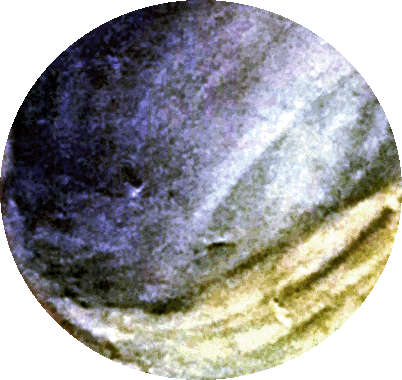
Ring of great honor |
- Menelik was raised in Ethiopia and after he was grown he
went to Jerusalem carrying the ring and he was received with great
honors.
- The king and the people tried in vain to persuade
Menelik to stay in Israel.
- Solomon gathered his nobles and
announced that he would send his first-born son to Ethiopia together
with their first-borns.
- He was expecting a third son, who would
marry the king of Rome's daughter and reign over Rome so that the
entire world would be ruled by David's descendants.
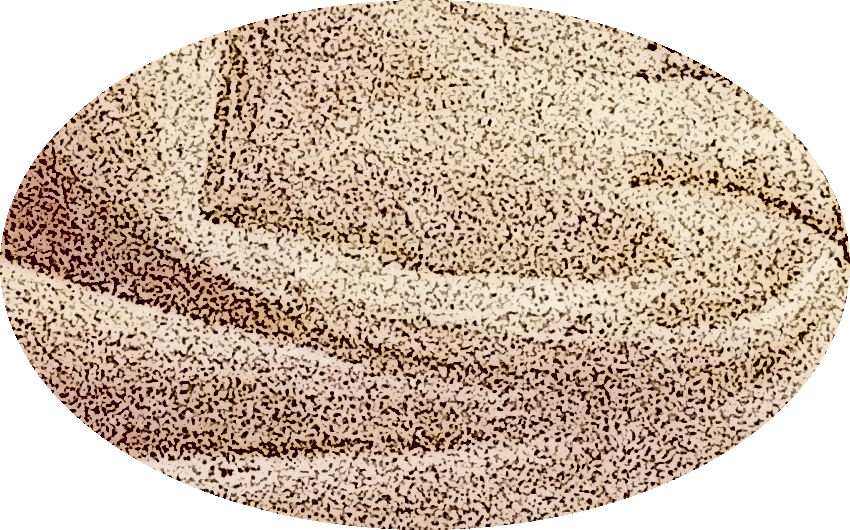
Pounding sand
world-wide |
- The intent was that the first-born son, Menelik, would
rule over all of Africa, and then because of his vision (dream) his
third son was going to rule over all of Rome.
- Next,
Baina-lehkem (Menelik) was anointed king by Zadok, the high king
priest, and he took the name David (not King David).
- The
first-born nobles who followed him are named, and even today, some
Ethiopian's claim the same ancestry.
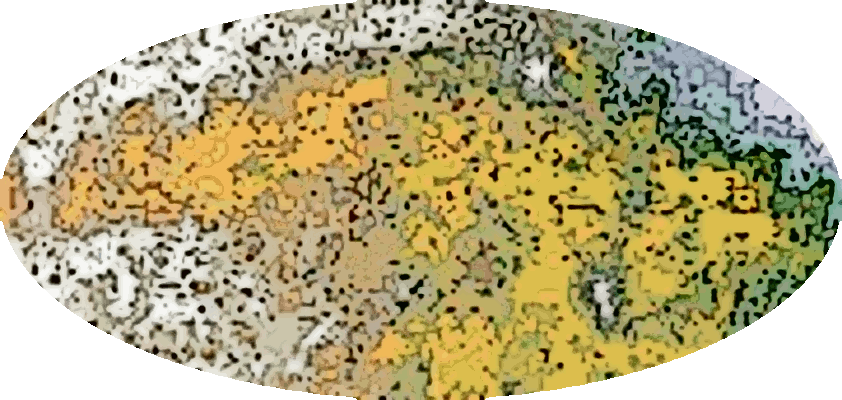
Ark of the Covenant |
- Prior to leaving, the priest's sons had stolen the Ark
of the Covenant, after their leader Azaryas had offered a sacrifice
as commanded by one of God's (El's) angels.
- There's a lot of
historical information that claims the Ark of the Covenant went down
to Ethiopia.
- With much wailing,
the procession left Jerusalem, on a wind cart led and carried by the
archangel Michael.
- Having arrived at the Red Sea, Azaryas
revealed to the people that the Ark was with them.
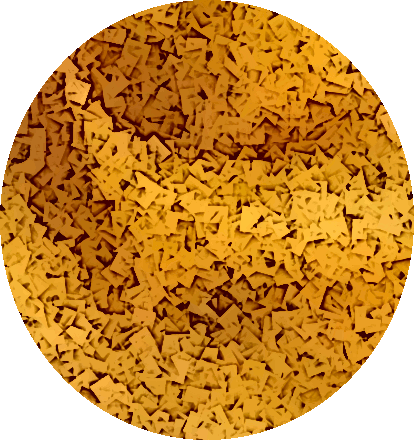
The arrival of
Sheba horn |
- David (Menelik), descendant of King David, prayed to the Ark
and the people rejoiced by singing, dancing, blowing horns and
flutes, and beating drums.
- The Ark showed its miraculous powers
during the crossing of the stormy sea, and all arrived unscathed.
- This story is not just some tale that only Ethiopians know about,
instead, scholars have said for years that the Ark is in Africa.
- The Ethiopians have had the tradition many years and their Church
father's and historians have talked about it, this is all real.
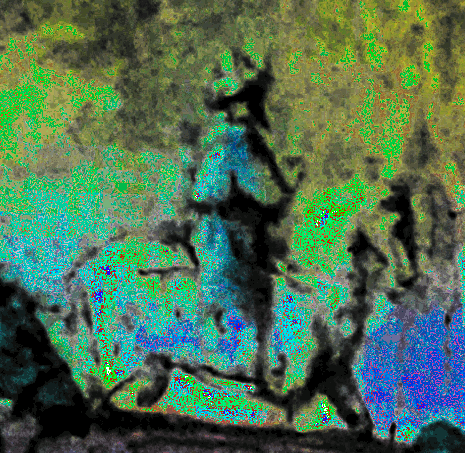
Solomon searches for
the Ark |
- When Solomon learned that the Ark had been stolen, he sent a
horseman after the thieves and even gave chase himself, but neither
could catch them.
- Solomon returned to Jerusalem and
ordered all his priests to remain silent about the theft and to
place a replica of the Ark in his Temple so that foreign nations
could not say that Israel had lost its fame.
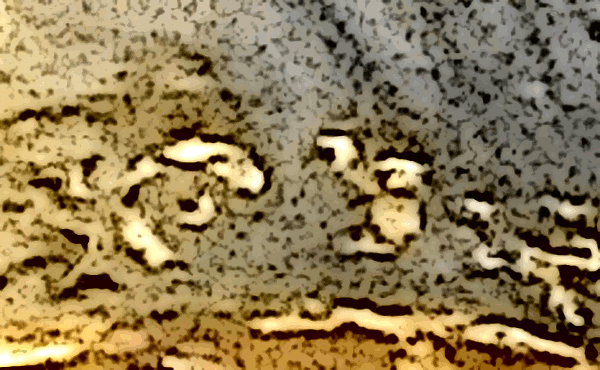
African dynasty |
- According to some sources, Queen Makeda (Sheba) was part of a
dynasty founded by Za Besi Angabo in 1370 BC.
- The family's
intended choice to rule Aksum was Makeda's brother, Prince Nourad,
but his early death led her to the throne which she ruled for more
than 50 years.
- The
official chronicle of the Ethiopian monarchy from 1922 noted
that Makeda (Queen of Sheba), ruled from 1013 to 982 BC, on the
Ethiopian calendar, the same time period that Solomon also ruled.
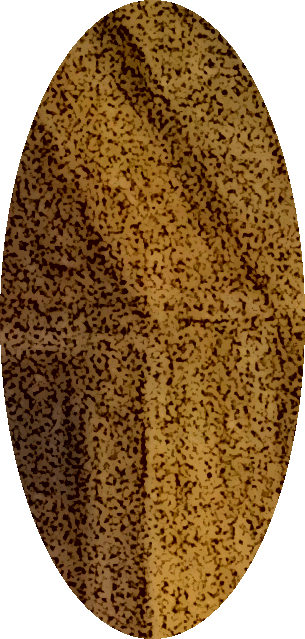
New capital city at
Azeba |
- In the Ethiopian Book of Aksum, Makeda is described as
establishing a new capital city at Azeba.
- This is an entire
nation and its people and they have rights, and a religion, and they
have a priesthood and trace their genealogy back to Solomon and
David.
- But what has happened is everyone listens to the Judean
version which was based on oral tradition, word of mouth, nothing
written down.
- There are some rabbis who do believe the
Ethiopian version of the story and this is why you see so many
Ethiopian's today going to Jerusalem and considered children of
Israel because they cannot deny this history.
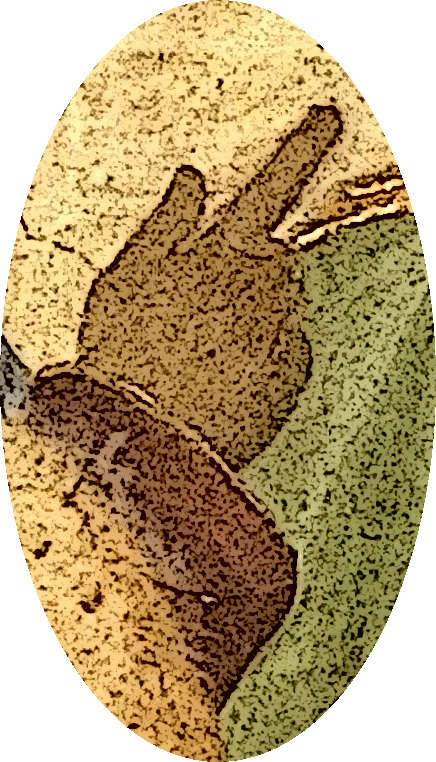
The way |
- Some believe that Makeda comes from the name Candace, which
was the name of several Ethiopian queens who were from Meroe or
Seba.
- Candace was the name of a queen whose chamberlain was
converted to Christianity after hearing the preaching of Apostle
Philip the Evangelist in 30 AD.
- In the 14th century, in an
Ethiopic version of the Alexander the Great of Macedonia story, he
was said to have met a Queen Kandake of Nubia.
|
The eunuch asked Philip, “Tell me, please, who is the prophet talking about, himself or someone else?” Then Philip began with that very passage of Scripture and told him the good news about Jesus. (Acts 8:34)
|
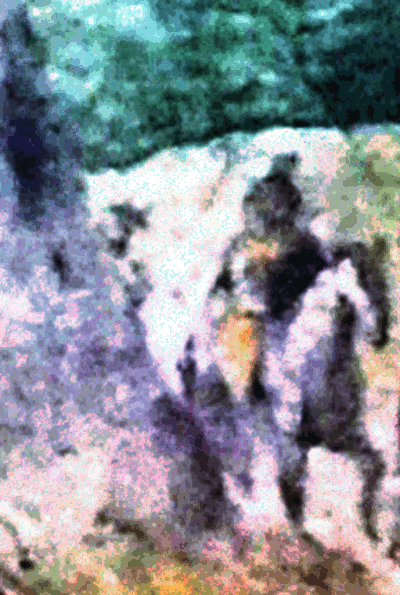
Joshua fighting
Amalek |
- Historians believe that the Solomonic dynasty began in 1270
with Emperor Yekuno Amlak, who with the support of the Ethiopian
Church, overthrew the Zagwe dynasty.
- This is the Melech
(Amalek) who's in the Bible and in the Hebrew Bible is described as
an enemy nation of the Israelites.
- Amalek can refer to
descendants of Amalek, the grandson of Esau, or anyone who lived in
their territory in Canaan.

Ethiopian national
bird |
- There was Melech (Amalek), Menelik, because the Zadokite
priest from Melchizekek anointed him as king, the son of Solomon and
David.
- The Zagwe dynasty had ruled the Ethiopia since the 10th
century.
- A link
to King Solomon provided a strong foundation for Ethiopian national
unity and Ethiopians consider their country 'God's chosen country'
and the final resting place of the Ark with the help of Sheba and
her sons.
- The dynasty officially ended in 1769 with Emperor
Iyoas, yet Ethiopian rulers continue to trace their connection to
his lineage.
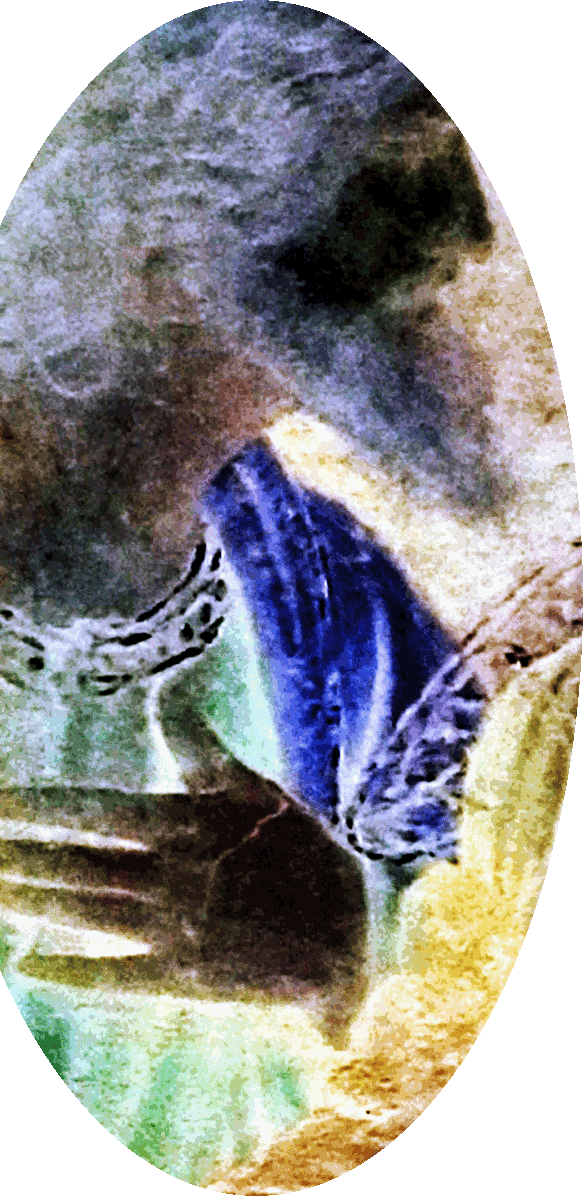
King Solomon's other
half |
- Looking at the recorded family tree; Keturah's family as
Sheba, a son of Joktan and brother of Peleg, who is a descendant of
Shem and therefore a Semite/Shemite.
- Sheba's descendants are
called Sabeans.
- So you see that Keturah was of the line of
Joktan and Sheba is his son; this is the land in Africa who
eventually became the Sabeans and their queen was Sheba and this is
the great mother.
- And if David who married Bathsheba, who all
the historians and church fathers say was dark skinned, that means
that Solomon was half-black.
|
And Obal, and Abimael, and Sheba,
And Ophir, and Havilah, and Jobab: all these were the sons of Joktan.
(Genesis 10:28-29)
|
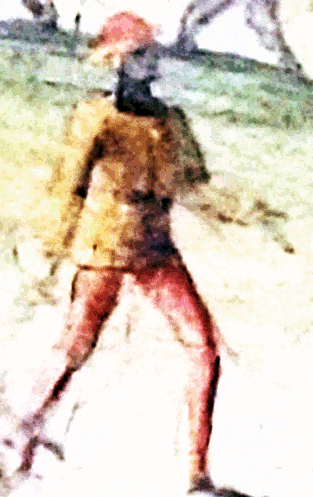
Joktan |
- In the Mir-at ez-Zeman it is stated "Ibn El-Kelbi
says, Yuktan (Yucatán/Joktan) is the same as Kahtan, son of 'Abir'
(Eber) and so say the generality of the Arabs.
- Some claim that
the Arabians have differing opinions on the name Kahtan, some say he
is Yuktan, who is mentioned in the Pentateuch, but the Arabs said he
was the son of Had (because they identified their prophet Hud as
Eber in the Bible who they call Abir).
- And it goes on, there
are several more names such as the son of Ishmael.
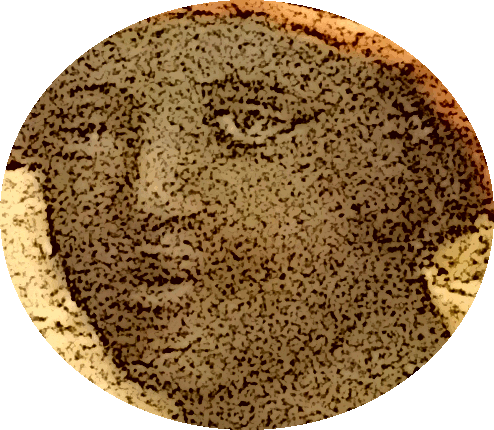
Indigenous Americas |
- Joktan was also noted to be the progenitor of the Mongolian
race.
- And with the split between North and South America, he is
also related to indigenous peoples of the Americas.
- Also, the
names of Ophir, Joktan's son, and Peru, in South America.
|
Two sons were born to Eber: One was named Peleg, because in his time the earth was divided; his brother was named Joktan. (Genesis 10:25)
|
|
Jacob Meets
Rachel |
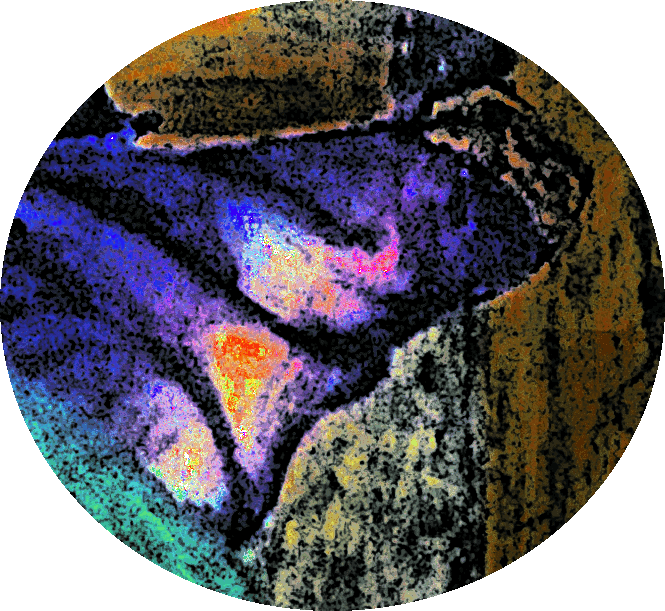
Well stones |
-
Then Jacob set out on his journey, and went to the land of the people of the east.
- Jacob was the son of Isaac and Rebekah who was also from
Laban's house.
- While he was still speaking with them, Rachel came with her father’s sheep, for she was a shepherdess.
- When Jacob saw Rachel the daughter of his mother’s brother Laban, and the sheep of his mother’s brother Laban, Jacob went up and rolled the stone from the mouth of the well, and watered the flock of his mother’s brother Laban.
- Then Jacob kissed Rachel, and raised his voice and wept.
- Jacob told Rachel that he was a relative of her father and that he was Rebekah’s son, and she ran and told her father.
|
Now the stone on the mouth of the well was large. When all the flocks were gathered there, they would roll the stone from the mouth of the well and water the sheep. Then they would put the stone back in its place on the mouth of the well. (Genesis 10:29)
|
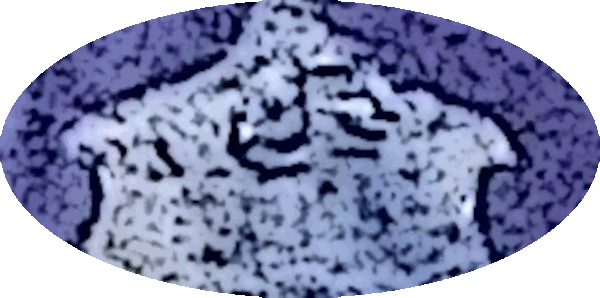
Laban's house |
- So when Laban heard the news about Jacob, his sister’s son, he ran to meet him, and embraced him and kissed him, and brought him to his house.
- Then Jacob told Laban all these things.
- And Laban said to him, “You certainly are my bone and my flesh.” And
Jacob stayed with him a month.
- This is the second place in the
Bible where 'bone and flesh' and not blood are mentioned.
- Then Laban said to Jacob, “Because you are my relative, should you therefore serve me for nothing? Tell me, what shall your wages be?”
|
Look at my hands and my feet. It is I myself! Touch me and see; a ghost does not have flesh and bones, as you see I have.” (Luke 24:39)
|

Laban's daughters |
- Now Laban had two daughters; the name of the older was Leah, and the name of the younger was Rachel.
- And Leah’s eyes were weak, but Rachel was beautiful in figure and appearance.
- Now Jacob loved Rachel, so he said, “I will serve you seven years for your younger daughter Rachel.”
- Laban said, “It is better that I give her to you than to give her to another man; stay with me.”
- So Jacob served seven years for Rachel, and they seemed to him like only a few days because of his love for her.
|
In his early life, Jacob cheated and tricked people to get what he wanted. He later fled his brother's wrath and was cheated by his uncle. After he journeys home and wrestles with God, Jacob is affirmed as the recipient of God's promise to Abraham and set up as a father of the Jewish nation. (study.com)
|
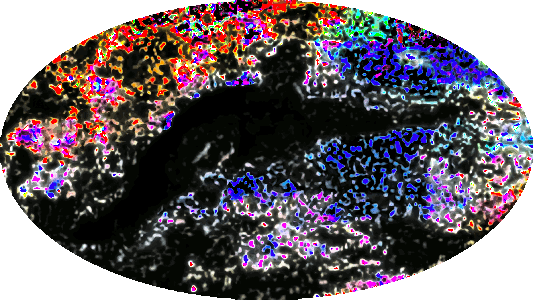
Laban
the shark |
- Then Jacob said to Laban, “Give me my wife, for my time is completed, that I may have relations with her.”
- So Laban gathered all the people of the place and held a feast.
- Now in the evening he took his daughter Leah and brought her to him; and Jacob had relations with her.
- Laban also gave his female slave Zilpah to his daughter Leah as a slave.
- So it came about in the morning that, behold, it was Leah! And he said to Laban, “What is this that you have done to me? Was it not for Rachel that I served with you? Why then have you deceived me?”
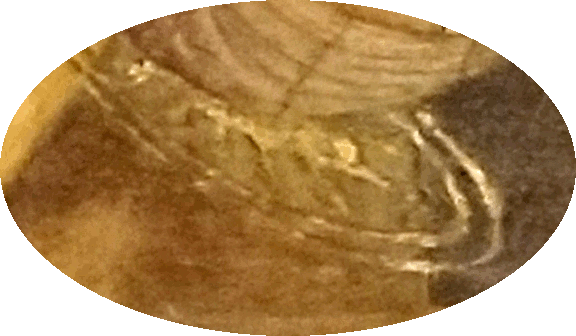
Rachel |
- But Laban said, “It is not the practice in our place to marry off the younger before the firstborn.
- Complete the week of this one, and we will give you the other also for the service which you shall serve with me, for another seven years.”
- Jacob did so and completed her week (a week meaning a week of
years or 7 years), and Laban gave him his daughter Rachel as his wife.
- Laban also gave his female slave Bilhah to his daughter Rachel as her slave.
- So Jacob had relations with Rachel also, and indeed he loved Rachel more than Leah, and he served with Laban for another seven years.
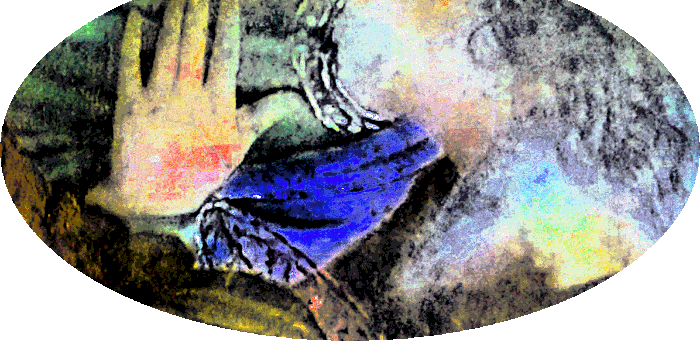
On the other gloved
hand |
- Leah obviously knew that she took part in tricking Jacob into
marrying her, but perhaps she thought it was her right as the
first-born daughter, still unmarried.
- Well if you were a guy
you certainly had it great back in those days, on the other hand,
the poor sisters who were sold as slaves by their father were a
different story.
- So now it's easy to see that these 'great men'
all came into their power by sleeping with multiple women and
arranging families with other nations, genealogical tribes.
-
Stealing the energy from multiple Divine Feminines so they could
look powerful.
|
Boy those guys had it great, if you're a man, right,
you just walk up to somebody, Hey sir! I got some
sheep out here and some goats will that work? Oh yeah,
you're a rich man. Oh well, I'll take all your wives,
not just that one, I like that one, she's cute, but
how about you just give them all to me? And all their
handmaids, a whole bunch of slaves too. You can have
like 14 women you can sleep with whichever one you
want on any given night and have all these different
tribes and become a great man. (David
Vose)
|
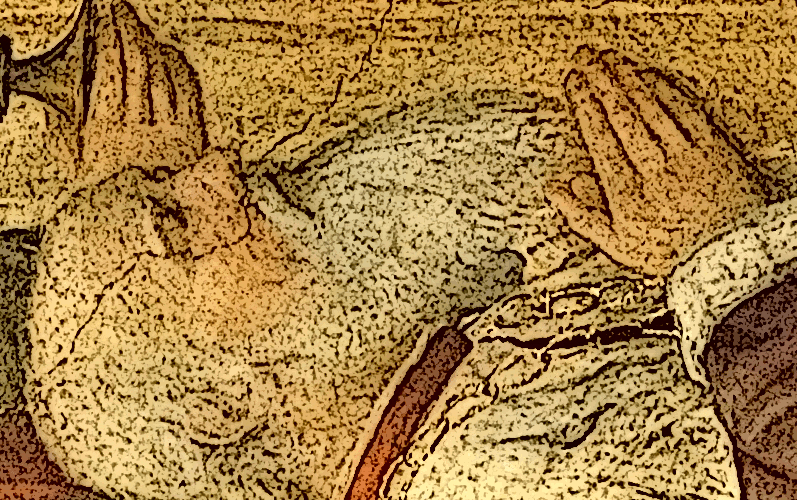
Busy king resting |
- It's crazy that this kind of thing was carried on, the Bible
instructs that a man should not lay down with a man as he will with
a woman.
- This was Matthew and he was not talking about mankind;
he's referring to two male humans.
- But it never occurred to
them to make a law prohibiting a woman to lie down with another
woman because that never occurred to him.
- These men were not of
the purest kind and it's obvious if they're running around with
harems of women, and taking many wives and concubines, guarantee it
never crossed their minds.
|
Well hey, since you're all here in my bed. (David
Vose)
|
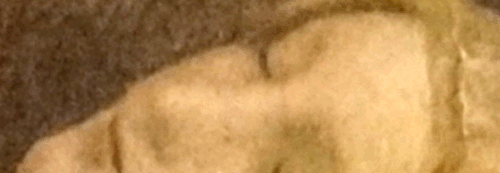
Leah bears a son |
- There's no law against lesbianism in the Old Testament, but of
course we're not under any law in the New Testament.
- When the
Lord saw that Leah was unloved, He opened her womb; but Rachel was
barren.
- So Leah conceived and bore a son, and she called his
name Reuben; for she said, "The Lord has surely looked on my
affliction."
- Leah was the bad one under the Old Covenant, and
Rachel was Jacob's favorite and she had the New Covenant with El.
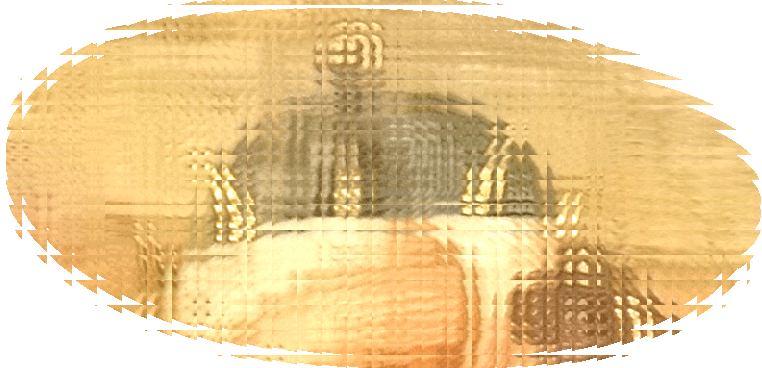
Spasmatic love and
compassion |
- Somebody loved Leah, was it Enlil or YHWH, but
somebody loved her because she was unloved.
- Why are there always such
strange spasms of love and compassion from this Divine being?
-
And meanwhile, here and there, he also has this anger problem.
-
This is because there are two different deities who are presented
here, with two different dispositions.
- Rachel was barren, and
usually when the Bible says a woman was barren, that means she did
something wrong, or they weren't loved by the Lord, so he closed
their womb, fate.
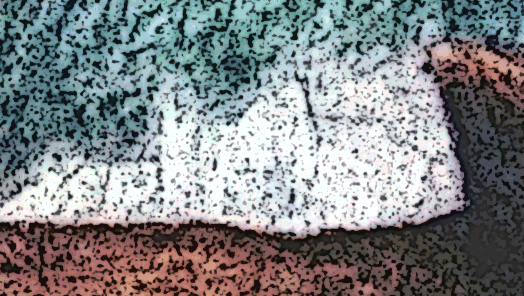
Kingdom |
- This was obviously fate for Rachel because when the Lord
finally opens her womb she gave birth to Joseph who received the
promise that was bestowed on Abraham, Isaac and Jacob, no one else.
- Not even to Judah.
- Leah gave birth to Reuben and he was the
first-born, but Reuben doesn't get the birthright.
-This is
because the Lord already decided that he would gift Rachel, not Leah
with that honor.
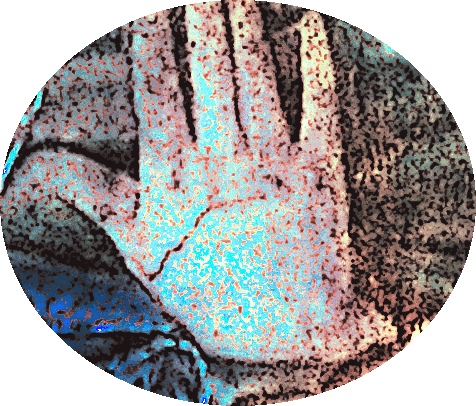
Patriarchal idea of
love |
- As much love and compassion as YHWH had for her, she ended up
with six sons and a daughter, Dinah.
- So the Lord did bless
Leah, and her son Judah did end up as king, but only until Joseph
came into the legal right of age.
- What kind of 'love'
arrangement was this, the idea that if a woman gave a man a child,
he would somehow love her.
- And if that didn't work, she would
just keep producing more children like an old work horse.
-
That's not love, these ancient Patriarch's didn't know what love is.
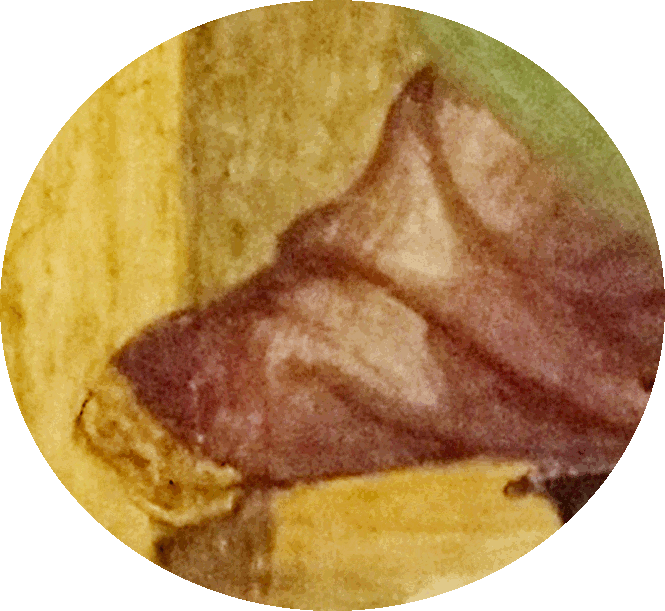
Father's concubine |
- So next Leah gave birth to Simeon, so now she has two
children.
- Her eldest son Reuben pulled a Ham and ended up
losing his birthright because he slept with one of his father's
concubines.
- Leah bore a third son named Levi, who ends up with
the priesthood, and thought her husband would finally become
attached to her.
- Fourth son, Judah, is the one with the scepter
until Joseph came of age.
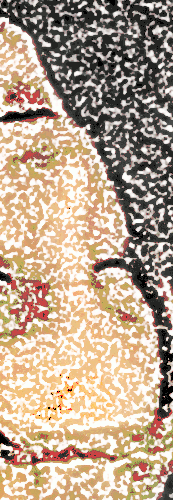
Leah in deep sleep |
- Each of the 12 tribes are granted different things but Levi is
very important.
- Now when Rachel saw that she bore Jacob no
children, Rachel envied her sister, and said to Jacob, "Give me
children or else I die."
- She was throwing a tantrum and Jacob's
anger was aroused against Rachel, and he said, "Am I in the place of
God, who has withheld from you the fruit of the womb?"
- Sting.
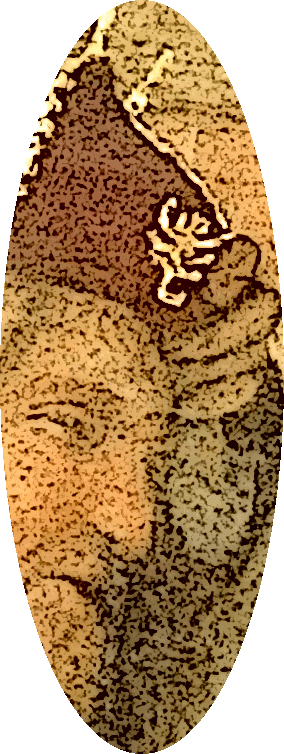
Jacob with his
concubine |
- So Rachel said, "Here is my maid Bilhah go in to her, and she
will bear a child on my knees, that I also may have children by
her."
- Then Rachel gave him Bilhah her maid as a wife, and Jacob
went in to her.
- And Bilhah conceived and bore Jacob a son.
-
Then Rachel said, "God has judged my case; and He has also heard my
voice and given me a son."
- Therefore she called his name Dan
and he was given a great prophecy that he would be the serpent and
adder; this is the heraldry on King Charles coat of arms.
|
Dan shall be a serpent by the way, an adder in the path, that biteth the horse heels, so that his rider shall fall backward. (Genesis
49:17)
|
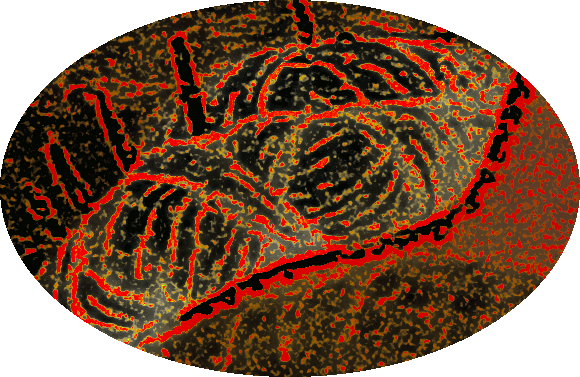
Concubines |
- Dan was not from Rachel or Leah, but from a concubine,
Bilhah.
- Because his mother, Bilhah, which means to wear out, annul or use until worthlessness. was described as identical
to Rachel it's very likely she is aso one of the daughters of Laban.
- Not as a maternal daughter but because she was sold into slavery,
Laban
redeemed them so they were slaves or concubines.
- A story about a maiden and the pumpkin.
|
And the baby pumpkin took him up and swallowed him; then it followed the maid. She fled, and came to the paschal ram of her father's. And it came on, (and) was about to seize the maiden, but the paschal ram sprang forward, (and) struck the young pumpkin with his horn. And thereupon it split open, and sheep, and goats, and cattle, all kept coming forth. (R. Sutherland Rattray, 1913)
|
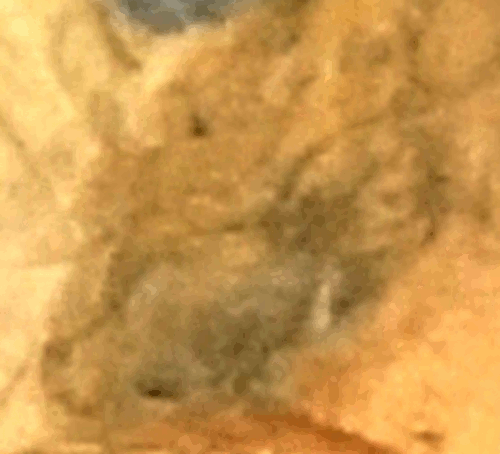
Breeding like mice |
- This is why
Rachel wanted Bilhah to have a child for Jacob, because Bilhah looked
like Rachel so therefore her children would look like Rachel.
- But there is a
tradition that said Bilhah was exactly like Rachel.
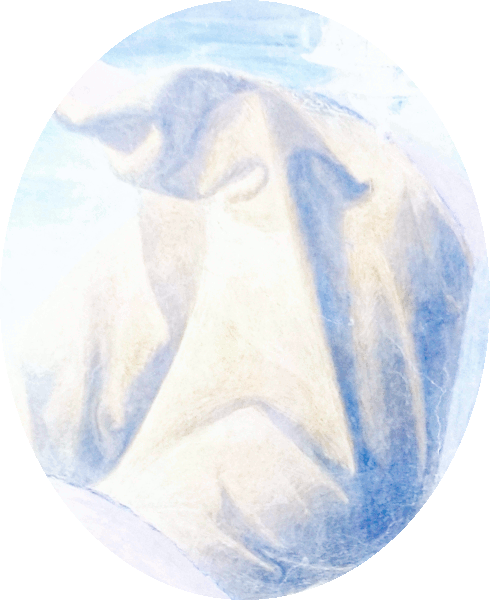
Men and women in
white |
- The name Laban means white.
- If Sarai, Rebekah and Rachel
were all from Laban, they were probably white women.
- From all
the historical records that we have they say that Bilhah was the
same race as Rachel and they were white.
- One of the things the
Bible says about Dan is that he shall judge his people as one of the
12 tribes of Israel.
- We know this was fulfilled in Samson, who
was of the tribe of Dan, and a great judge.
- Kind of like a
king, they were judges, and they brought peace to the land and
conquered the Philistines.
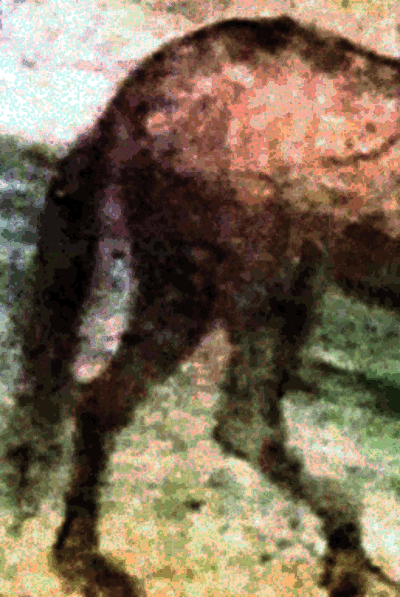
Dan's horse kicks |
- Dan ends up going to Mongolia and becomes this great ruthless
barbarian of the Germanic white race that turns bad and unmercifully
kills people wherever he goes.
- Then Rachel gave birth to a
second son, and she called him Naphtali.
- So Dan and Naphtali
were brothers and they ended up traveling throughout Europe and Asia
together.
- Because Billah, mother of Dan and Naphtali, was so closely
related to Rachel who looked identical to her, Rachel kind
of adopted both of them because they looked like her too.
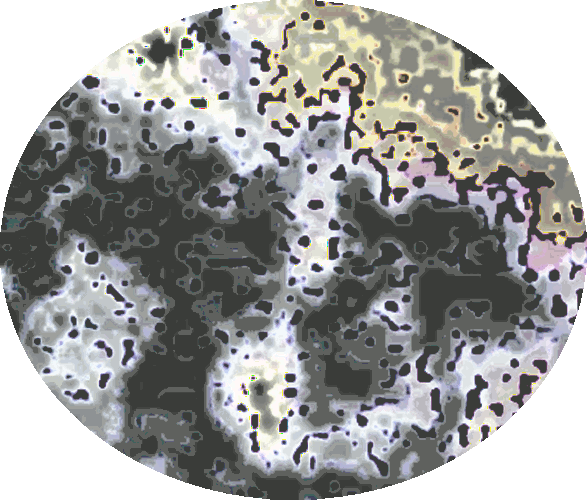
Zilpah troop |
- The story grinds on, when Leah saw that she had stopped
bearing, she took Zilpah her maid and gave her to Jacob as wife.
- And Leah's maid, Zilpah bore Jacob a son.
- Leah said, "A troop
comes!" So she called his name Gad.
- And Leah's maid Zilpah bore
Jacob a second son.
- Then Leah said, "I am happy, for the
daughters will call me blessed." So she called him Asher.
- Now
Reuben went in the days of wheat harvest and found mandrakes in the
field, and brought them to his mother, Leah.
- Then Rachel said
to Leah, "Please give me some of your mandrakes."
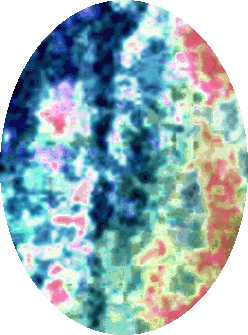
Mandrake in bloom |
- It seems like what this was talking about was Rachel felt like
she was barren (before she had two sons) and all she could think
about was having a child.
- If she could only have a child so she
adopted Dan and Naphtali but she was still longing for her own
child.
- They say that the mandrake, which a root or herb, may help with fertility problems.
- Whether this is a story about why Rachel is suddenly fertile we
don't know.
- This along with
Reuben's loss of birthright shows there is a deeper esoteric meaning
of some sexual things in the Bible that is another story.
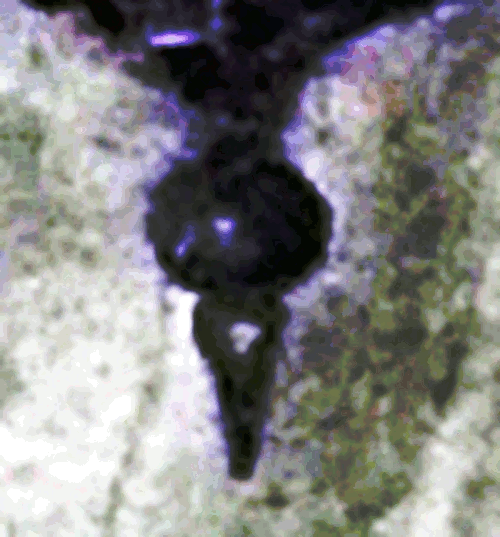
Jacob and Reuben
mandrake root |
- Reuben is the one who found the mandrake and after Rachel
asked Leah if she could partake in them, Leah was quite blunt.
-
But she said to her, "Is it a small matter that you have taken away
my husband? Would you take away my son's mandrakes also?"
-
Remember, Reuben was the first-born and Rachel was barren at this
point so what they are really arguing about is the right of the
first-born.
- So you can see that the mandrake has something to
do with the right of first-born.
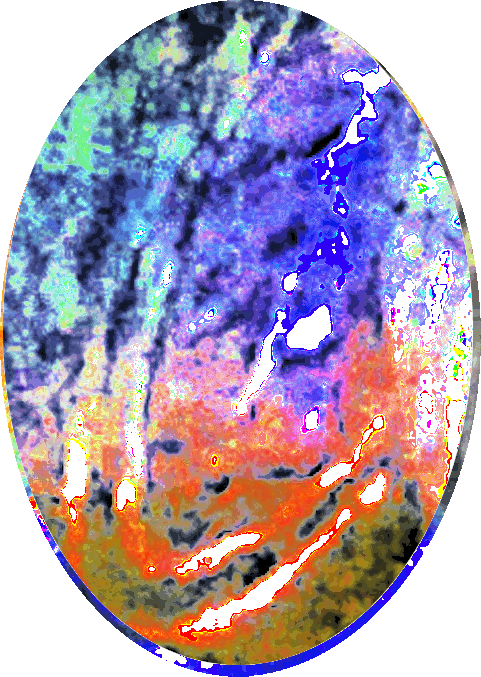
Mandrake magic |
- Rachel wanted to have that child that would replace Reuben who
lost his birthright.
- Kind of the same story as Esau who sold
his birthright to his younger twin brother Jacob for a bowl of soup.
- In this story, Leah told her, I'll give you the mandrakes and so
it was like she was selling her own son just so she could sleep with
Jacob one more time.
- So Rachel made a deal that Leah could have
Jacob for the night but she would have the mandrake and fertility so
she could have the next child.
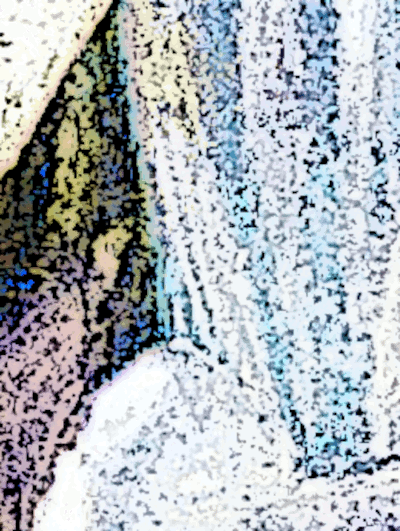
Leah beds Jacob |
- Leah traded Rachel for the right of the first-born because if
Rachel had a child then that's the child that will end up being
blessed by Jacob.
- Leah thought if she took Jacob into her bed
he would be too worn out to give Rachel any children, energy
vampire.
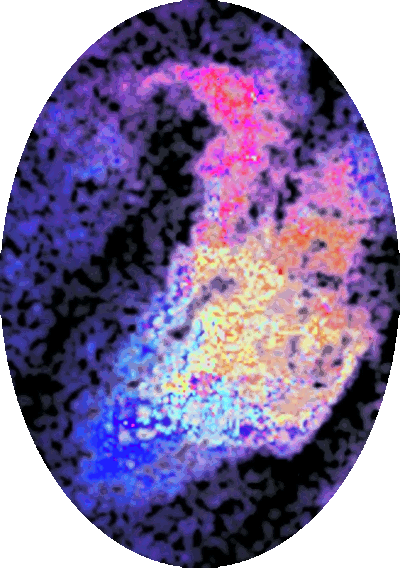
Heart throb |
- Despite all, Rachel was the woman, his
beloved wife, his Divine Feminine, the one who should have been blessed with the
first-born.
- Leah was always a third-party and Jacob never loved
her as his true love.
- Then God listened to Leah, and she conceived and
bore Jacob, a fifth son.
- Leah said, "God has given me my wages,
because I have given my maid to my husband."
- So she called his
name Issachar.
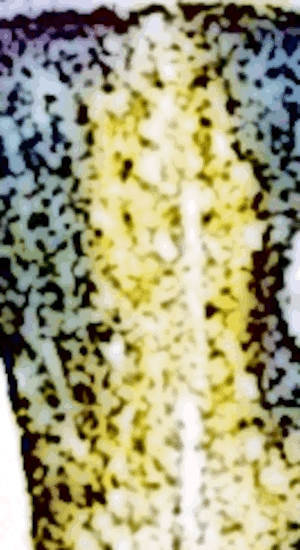
Jacob busy |
- Leah could certainly manifest children for herself.
- Then Leah conceived again and bore a sixth son.
- And Leah
said, "God has endowed me with a good endowment; now my husband will
dwell with me, because I have borne him six sons."
- She called
his name Zebulun.
- Afterward she bore a daughter, and her name
was Dinah.
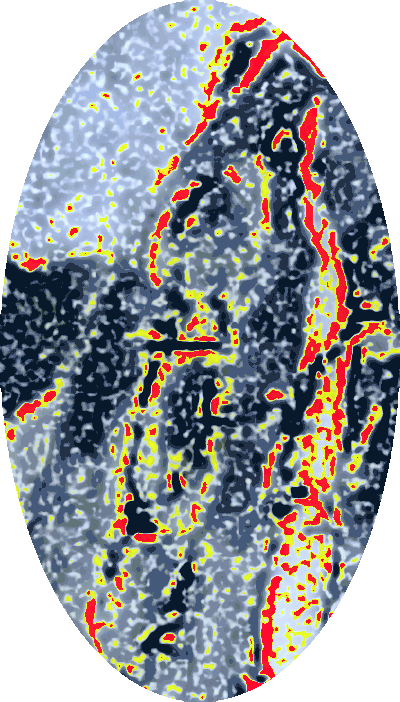
Joseph coat |
- Then God remembered Rachel, and God listened to her and
opened her womb.
- And she conceived and bore a son, and said,
"God has taken away my reproach" so she called him Joseph.
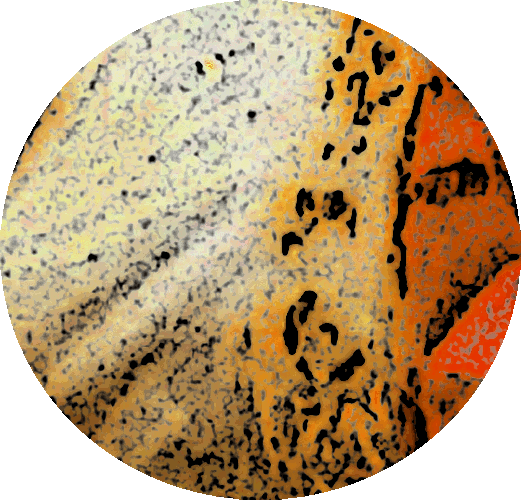
12 tribes of Israel |
- The story continues on, but you can see where all of these
male children came from.
- Six of them came from Leah, and
two came from Rachel, and the other four sons came from Jacob's
concubines Bilhah and Zilpah.
- These are the 12 tribes of
Israel and they spread all over the world.
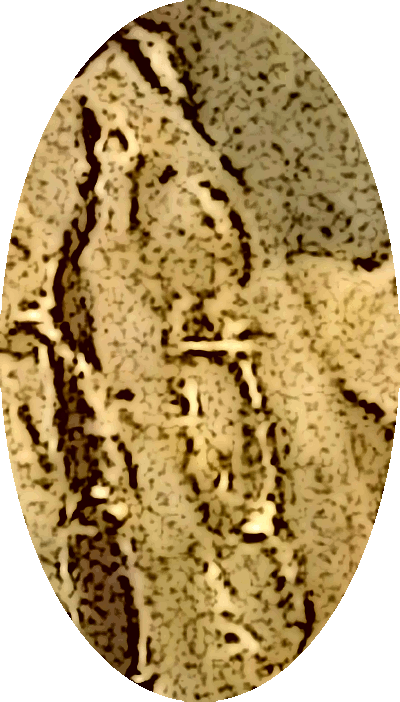
King of gold |
- We mentioned how this deity, YHWH, has a temper and sometimes
he has compassion well the problem is, we're not allowed to see who
these deities are.
- Because the Bible calls them God most of the
time when in some cases it's Elohim, sometimes Yahweh Elohim, yet
other times it's El or Enlil.
- The deity says in a dream,
"Jacob: And I said, Here am I. And he said, Lift up now thine eyes,
and see, all the rams which leap upon the cattle are ringstraked,
speckled, and grisled; for I have seen all that Laban doeth unto
thee.
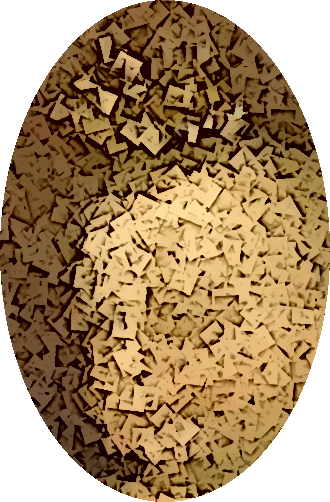
Jacob sucked dry |
- So whoever this deity that's helping out Jacob, because
Laban's now changed Jacob's wages, and he switched his woman, he's just not
being very fair.
- Basically, Laban was allowed to get fat and
rich due to Jacob's blessings, not his own; it's called energy
vampire.
- After 14 years of being Laban’s shepherd, all Jacob had to show for his work was two wives, two concubines,
twelve sons and one daughter!
- Jacob was telling Laban to give him his wages
so they made a deal that Jacob would get all the solid colored sheep and
Laban would get all the speckled sheep.
|
Jacob set apart the young of the flock by themselves,
but made the rest face the streaked and dark-colored
animals that belonged to Laban. Thus he made separate
flocks for himself and did not put them with Laban’s
animals. (Genesis 30:40)
|
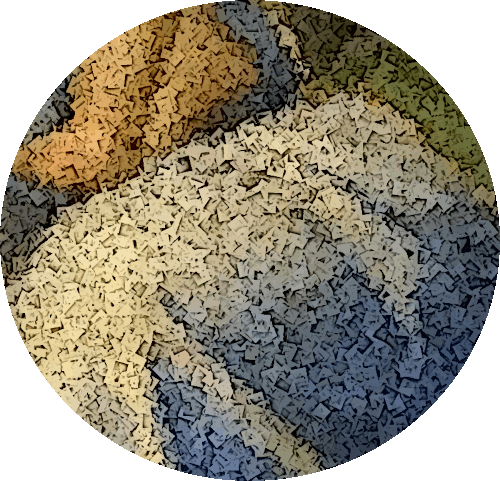
Walked on |
- Jacob took out the colored and spotted sheep and gave them to Laban, whose sons took them away a distance of three days' journey;
this left Jacob with only the pure white sheep.
- Jacob was saying that in the future any spotted or colored sheep born in the flock
of white sheep that Jacob would tend would be his wages.
- Laban, ever crafty,
thought that Jacob's white sheep would only produce white
sheep, but he was wrong.
- He even moved his speckled sheep 3
miles away but he was so stupid he didn't realize that white
sheep could produce speckled sheep too.
- It just shows that
Laban didn't even know his own 'craft' because Jacob, who was very
knowledgeable, did all the work.
|
Let me pass through your entire flock today, removing
from there every speckled and spotted sheep and every
black one among the lambs and the spotted and speckled
among the goats; and such shall be my wages.
(Genesis 30:32)
|
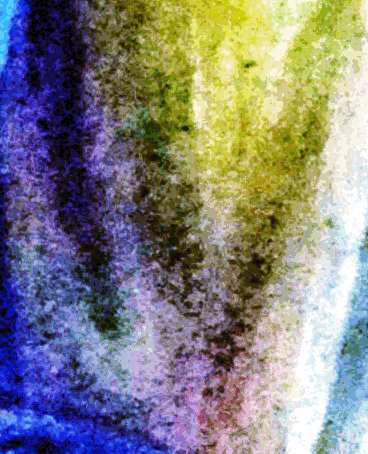
Jacob and his poplar
rods |
- Then Jacob took fresh rods of poplar and almond and plane trees, and peeled white stripes in them, exposing the white which was in the rods.
- Put it this way,
Jacob used a poplar wood rod to craft a devise that Laban's sheep
mated with instead of real sheep.
- Jacob increased his own flock
because they were mating with real sheep, while
Laban's flock weakened and diminished.
- The deity said, "I am the
God of Bethel, where thou anointedst the pillar, and where thou
vowedst a vow unto me: now arise, get thee out of this land, and
return to the land of thy kindred.
|
Moreover, whenever the stronger of the flock were mating, Jacob would place the rods in the sight of the flock in the gutters, so that they might mate by the rods;
but when the flock was feeble, he did not put them in; so the feebler were Laban’s and the stronger Jacob’s. (Genesis
30:41-42)
|
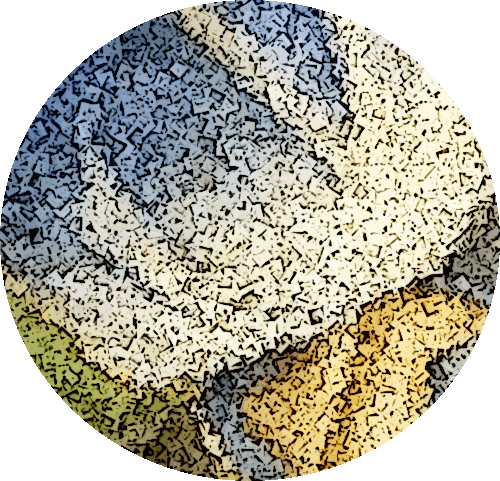
Fall on your behind |
- The deity allowed Jacob to return a
type of karma to Laban for everything Laban did to deceive him with
Rachel and Leah.
- Fall on your behind and kicked in the same
place.
- Keep in mind, Jacob was not always an honorable man, he
tricked his blind father Isaac into believing he was his brother
Esau, by wearing a goat skin on his arm to appear hairier.
- But
really, Esau already gave away his birthright to Jacob.
|
Jacob's manipulation of Laban's herds mirrors
Laban's deception of Jacob in Genesis 29:21-30.42 Just as Laban deceives Jacob into receiving Leah (lit. "strong/wild cow") instead of Rachel as a wife, it is the "stronger"
of Laban's flocks which Jacob places before the impotent rods. (Scott B.
Noegel)
|
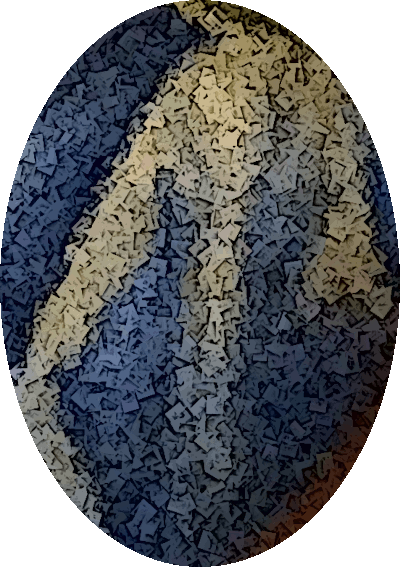
Enlil in the sky |
- So the deity is blessing Jacob, but at the same time he's
letting him know that he's not just any deity, but he's from Bethel
which is the house of El.
- When you review this in the inner
linear of the Bible, it says that God means High El, which is Enlil
in the Sumerian.
- So he is saying "I am Enlil (or El) of Bethel"
where you anointed the pillar where you made to me a vow.
- This
represents a completely different covenant than Jacob made for
slavewoman Leah who was enslaved by YHWH, the lower ego, material
world.
- Old covenant is the 10 commandments, new covenant is
Jesus Christ's 2 commandments.
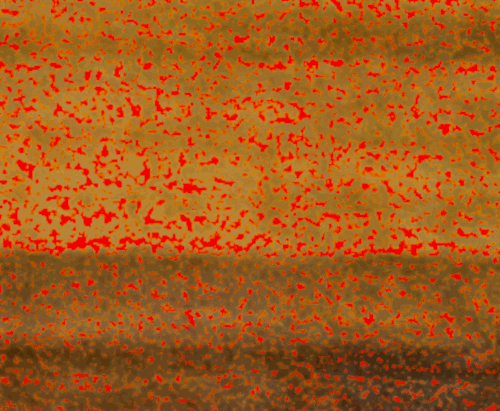
Enki's pit |
- The second covenant he made with a righteous
deity who had compassion on both Leah and Rachel, a freewoman, and was
orchestrating the events here that would end up blessing all of
mankind.
- It was the deity of Heaven, or the Most High Almighty God,
that made the covenant with Jacob, not that deity that is down below
in the pit with demons because Enkidu (YHWH) had a lot of diablos (demons).
- Whereas Enlil had the angels.
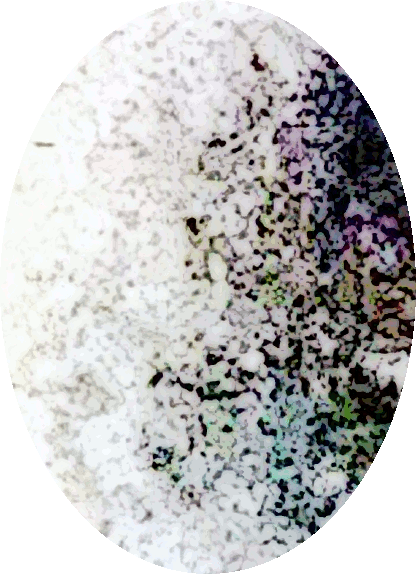
Taking sides |
- Enki represents the lower ego, masculine left side, and Enlil
represents higher consciousness, feminine right side.
- We all need to balance both
sides of our brain, masculine and feminine.
- The problem is, we really need
a Bible that translates all these 'God' words correctly.
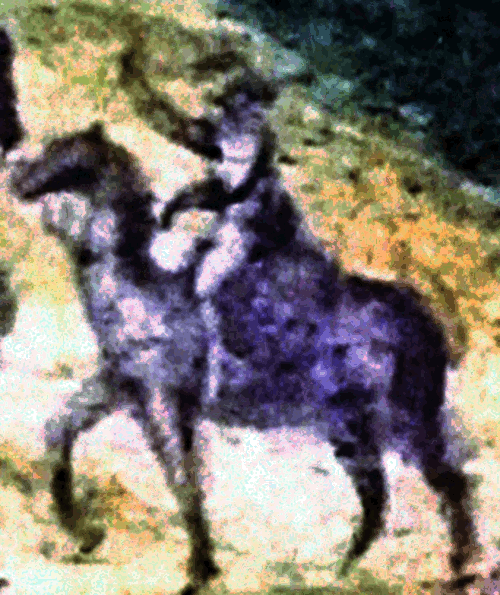 |
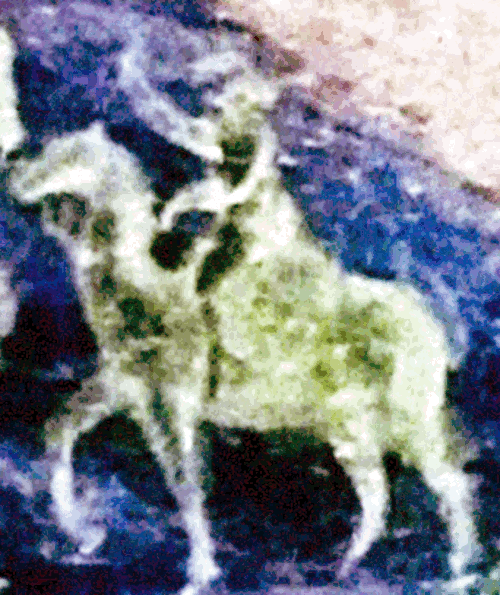 |
|
Dan and Naphtali |
- According to the testimony of Naphtali, he says, "Now my
mother was Bilhah, daughter of Rotheus the brother of Deborah,
Rebekah's nurse, and she was born on one and the self same day as
Rachel.
- Showing that Rachel and Bilhah were like sisters.
-
And Rotheus was of the family of Abraham, a Chaldean, fearing God,
free-born and noble.
- So both brothers were more than likely
white, from Laban's house, which means white.
|
I was born from Bilhah, and because Rachel dealt craftly, and gave Bilhah in place of herself to Jacob, and she conceived and bare me upon Rachel's knees
(lap), therefore she called my name Naphtali. (The Testament of Naphtali)
|
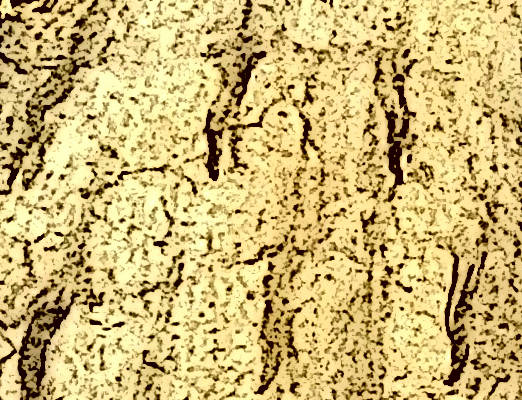
Cave writing
translated |
- What you should understand is when you just see one line of
verse in the Bible it's not always what you think.
- Think of
Judah as example; everyone thinks of Judah as great and noble Judah, but he
was the son of Leah, a slavewoman, so the Jews don't get the
promise, they get the burden.
- And this sounds so horrible but
it's because they believed that the 10 commandments would save them
and they never saved anyone because everybody breaks some of them.
- YHWH is the accuser so he chases them around and curses them day
and night and never forgives anyone.
- So they move from his pews
to Purgatory (or someplace) and then reincarnate back into his hell,
groundhog's day.
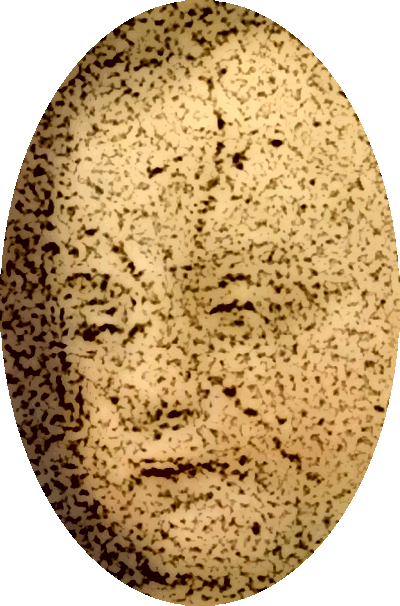
Canaan cursed |
- The Judeans were the ones in bondage with
their children, not Ham.
- Yes, there were curses there, and
there's curses with Dan, and there's curses all over the place.
-
And there's white people like Dan who became such a ruthless barbarian, they
don't even get to be named amongst the children of Israel.
- It
has nothing to do with race or color.
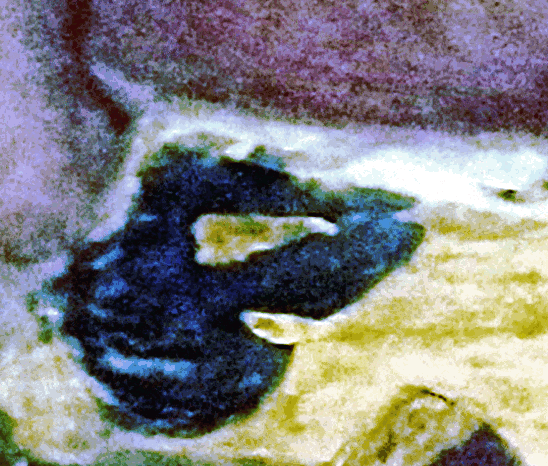
Masked bull
|
- We have this great kingdom from Joktan, which is the
other child, not the Peleg where it comes down to Heber and Abraham.
- But there's a whole other line that went to Africa, you can't
forget about them.
- That is a representation of the wedding and
you've got the male line and the female line, just like with Cain,
coming down to Na'ama and then Noah marries her.
- Na'ama gets
through which shows the Most High is looking out for his people.
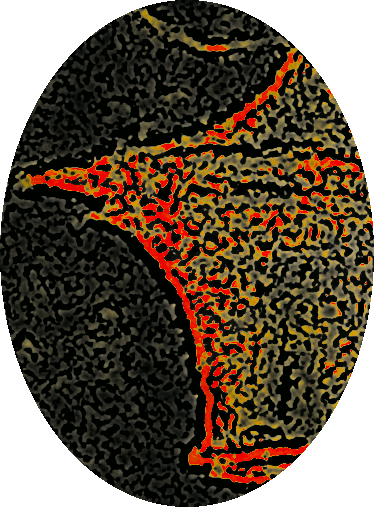
Lamp lit |
- The people of Africa were so blessed they've got the labyrinth and
all the testimony of all the nations from Atlantis, down there in
the ground.
- Then Solomon marries them and makes this great
union and ended up unifying the Southern and Northern kingdoms.
-
Solomon built a great kingdom, not some little kingdom up in what we
call Palestine which is about the size of New Hampshire.
- This
was a vast kingdom that included Africa, Persia and Europe, Solomon
had a grand kingdom.
- And it was a welding of the two, children
in Africa who are obviously blacks who are now wed to this great
line from Heron up in Syria, caucasians.
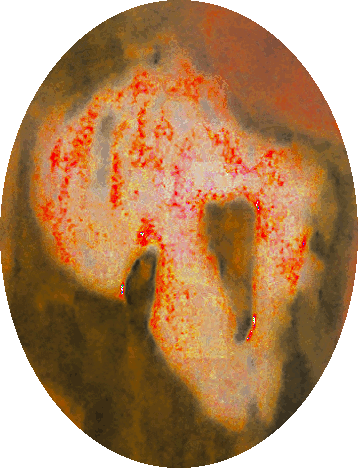
Magdalene skull |
- What we discovered about Egyptus in these chronologies is that he
purchased his pilgramage.
- He was a brother of Denaus who is the
son of Zerah, who is the son of Judah.
- This perfectly
harmonizes everything we know because we also know tht the Irish had
to recruit a daughter from Egypt named Tia Tephi, a Jewish princess,
and Queen of Ireland.
- The fifth son of Jacob was named Dan and he fathered the Tuatha de Danaan (the Tribe of Dan), from whom the Irish and Danish people are descended.
|
Tia Tephi was, like the Irish people, descended from the Jacob who had his name changed by God to Israel at Bethel, where he set up a stone pillar he had used as a pillow, that he anointed with oil and also named Bethel (House of God) along with the place where it happened, as is recorded in the Book of Genesis in the Bible.
(rejoicinglifeministries.com)
|

King overboard |
- Sheba didn't seem convinced that Solomon's worship of YHWH and
everything that was gifted to him was very worthwhile.
- Even
though she thought he was a very generous, intelligent and elegant
man.
- The gathering of wives to covet their Divine Feminine
energy.
|
Though the Bible does not specifically forbid having multiple wives or husbands, it is not God's original plan. The Lord's expectation for marriage is that it be held as a sacred covenant between one man and one woman. (Knowing Jesus Ministries)
|
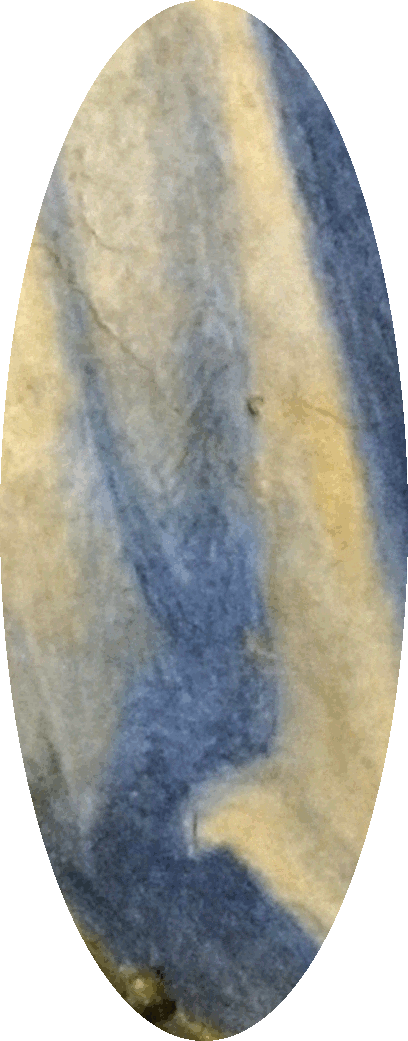
Dove nesting |
- And the Most High never wanted a temple,
that's inside all of us, not some extravagent building in the
material world.
- There's
nothing wrong with a nice building, but this one was a false idol.
- Something greater than Solomon is here, and it is Jesus Christ,
king of kings.
|
The Queen of the South will rise at the judgment with this generation and condemn it; for she came from the ends of the earth to listen to Solomon’s wisdom, and now something greater than Solomon is here.
(Matthew 12:42)
|
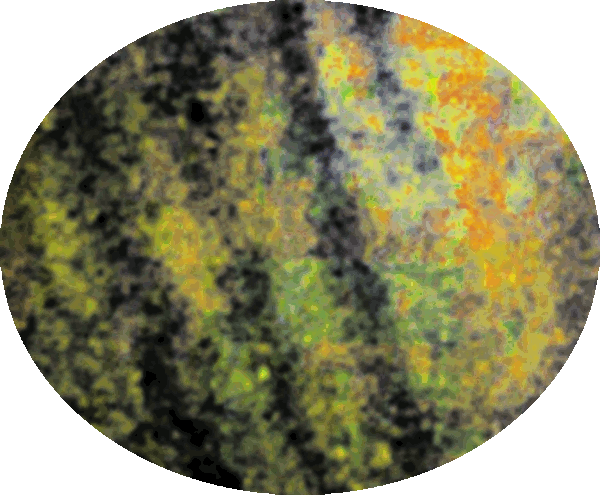
Solomon's kingdom
split |
- Because of Solomon's 'sins,' the kingdom was split into two
after his death.
- The Kingdom of Judah in the south was ruled by Solomon's son
Rehoboam and the Kingdom of Israel in the north
was led by Solomon's opposition.
- The Northern kingdom was called the House of Israel and its capital city was Samaria.
- The Southern kingdom was called the house of Judah and its capital was Jerusalem.
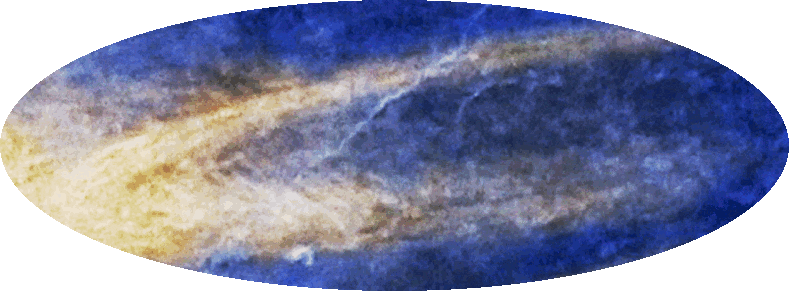
Boomerang |
- The tribe of Dan was one of the ten tribes of the northern ten-tribe kingdom called Israel and those ten tribes are the same tribes who later became the Lost
'Tribes of Israel.'
- Following the split, the biblical narrative depicts
Solomon's patrilineal descendants ruling over Judah alone.
- Jacob finished his life in Egypt, where his family went to escape a famine.
- YHWH gives but he always takes away.
|
The twelve tribes divided into the ten-tribed "House of Israel" who lived in Israel in the northern section of the Holy Land under king Jeroboam and the two-tribed "House of Judah" who lived in Judea, in the South of the Holy Land, under the sovereignty of Solomon's son, king Rehoboam.
(rejoicinglifeministries.com)
|
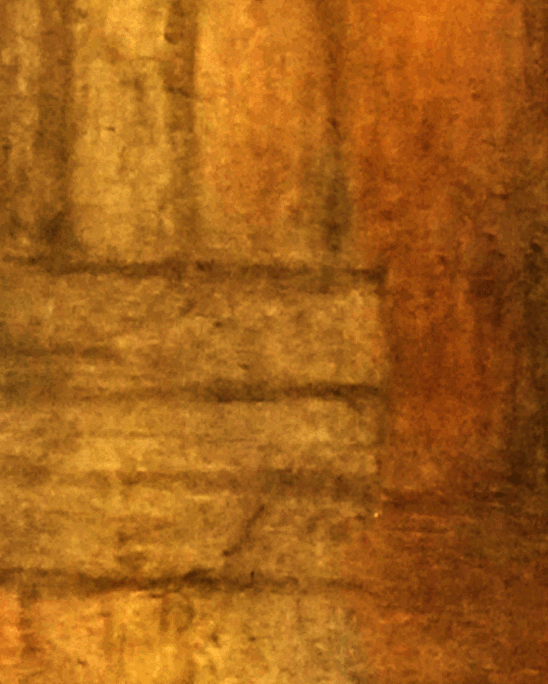
Accomplishments |
- King Solomon's reign, despite its troublesome ending, was filled with significant accomplishments.
- Solomon made lasting impacts on Israel and Judah's construction, political structure, and culture.
- Although he was not always portrayed as a godly figure, Solomon was praised
in the Hebrew Bible as a builder, king, general, and administrator.

Solomon's Temple |
- Solomon's most notable and famous
construction project during his reign was the Temple of Jerusalem, which was built around 950 BC and was considered the holy dwelling place of
YHWH.
- The Temple is often called Solomon's Temple (First Temple) to distinguish it from the reconstructed
temple built in the 6th century BC.
- What goes up will always come down.
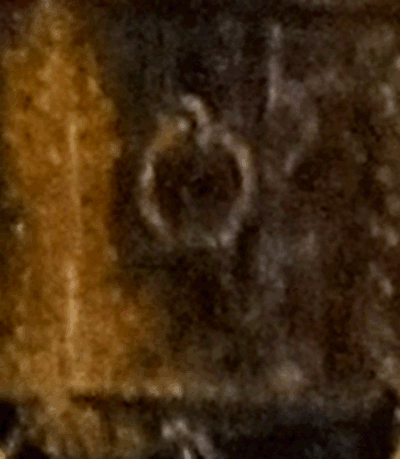
Palace door |
- In addition to the massive and lavish temple, Solomon also
built his own palace.
- He also controlled a fleet of ships and
trade routes.
|
Some historians believe Solomon was also responsible for building the gates of Megiddo, an important Israelite city on a major trade route.
(study.com)
|
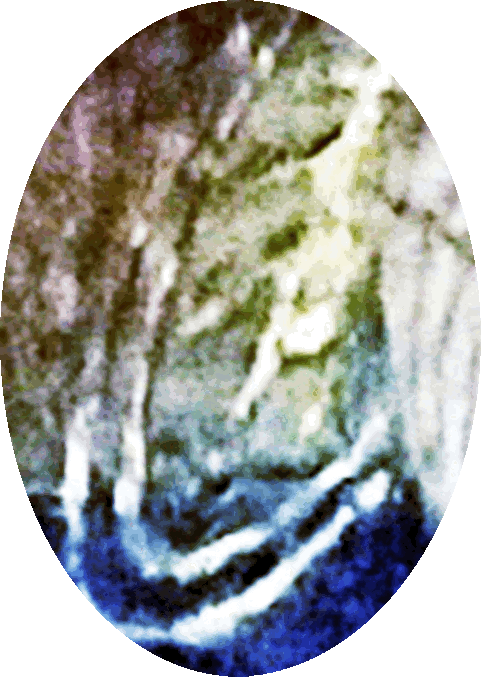 |
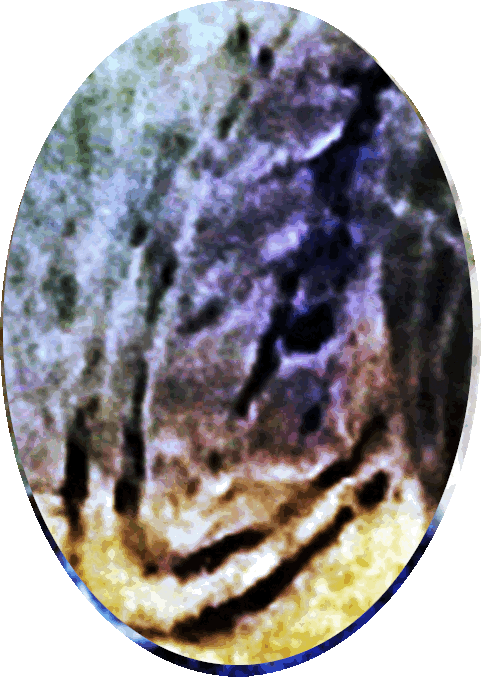 |
|
Solomon magic |
- The Earth is magic and Solomon used it often.
- You might
say he had a lot of connections above and below.
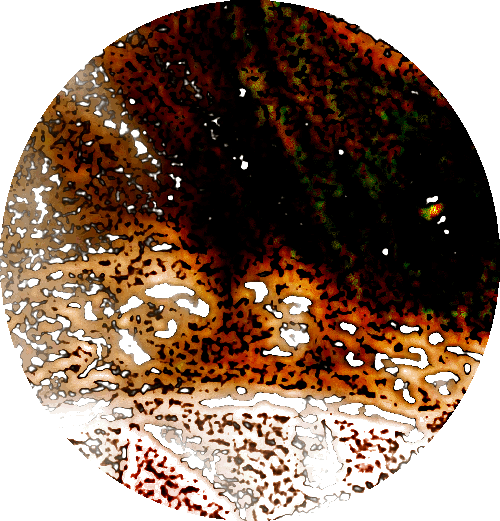
Landslide |
- But worst of all,
Solomon dumped the Most High and began
to follow after Molech, the Sidonian god, Baal and all the sacrifice
and worship.
- One day, the prophet Elijah approached Jeroboam and told him
a prophecy that he would tear the kingdom of Solomon's hand
and give Jeroboam 10 tribes.
- The idol worship of the
Israelites caused God to divide the kingdom; the house of
David would retain a remnant of the kingdom, including
Jerusalem, because of God's covenant with David.
- Lord,
the God of Israel, is YHWH, a storm or fire god.
- Elijah,
who was the reincarnated John the Baptist supported YHWH and
the Old Covenant (Moses Law).
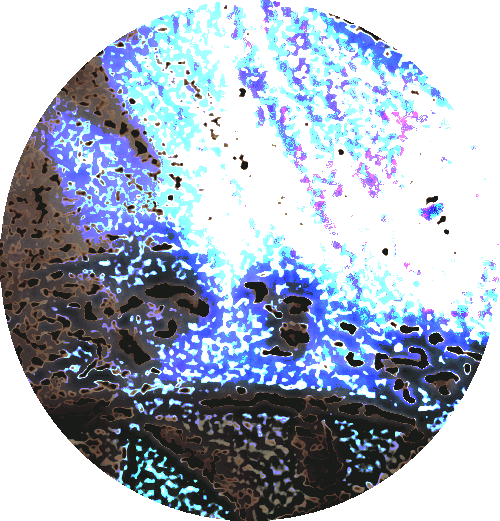
Rainy day |
- When Jesus came, he cleansed Solomon's Temple because his
Father in Heaven didn't make that temple.
- The temple represents
the body that's been manipulated (DNA) and now it's like a prison.
- Our Father in Heaven originally made our temple (Genesis 1) and it
was a beautiful and perfect thing, we were free and we could go in
and out.
- Anunnaki made this into a prison, but now it doesn't matter because the
only way we can set ourselves free is to cleanse the temple.
-
The temple itself is just a thing, but the Anunnaki put all their
corrupt laws into it, which are just a pattern, not real.
- So
Jesus had to cleanse it, and he took it and rent that veil so we
could see into the Most Holy which the Anunnaki knew was in there.
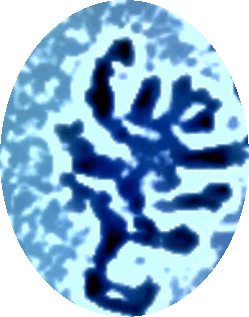
Rant and rage |
- Though Jeroboam began well, he did not end well.
- God raised
him up as a king, yet as king he plunged the entire nation
into sin.
- His life offers an example of the powerful influence
a person can have over others in a negative way.
- It's
easy to see how the Bible history is a story about betrayal
and usurpation all based on birthright.
- But the Most High
does not always recognize birthright, he looks for capability,
hard work and skill.
- You do not need 'works' but you do
need to work hard for yourself and serve the One.
Do not be deceived: God cannot be mocked. A man reaps what he sows.
(Galatians 6:7)
|
Moral of the story!
Laban got a taste of the 'Jaquar' when the Most
High gave Jacob permission to take back everything
Laban stole from him (and more).
Leah never figured out she was a slavewoman so she
ended up an unappreciated slavewoman.
Anyone who goes against the Most High's chosen
ones are marked (they just think they're sneaky and
sly, they're not). Their wheel of fortune will break.
|
Our body is dependant on Heaven and Heaven on the Spirit.
Leonardo DaVinci

| |
 |
 |

